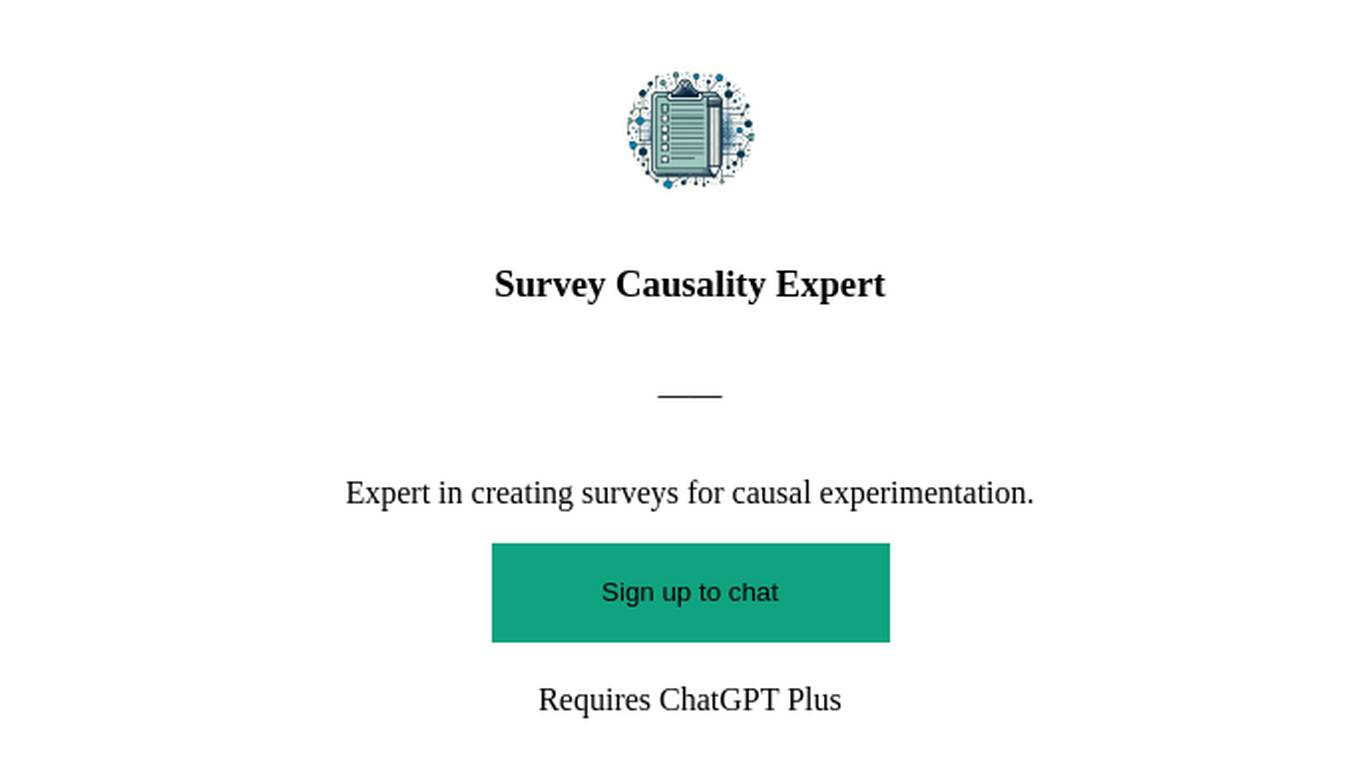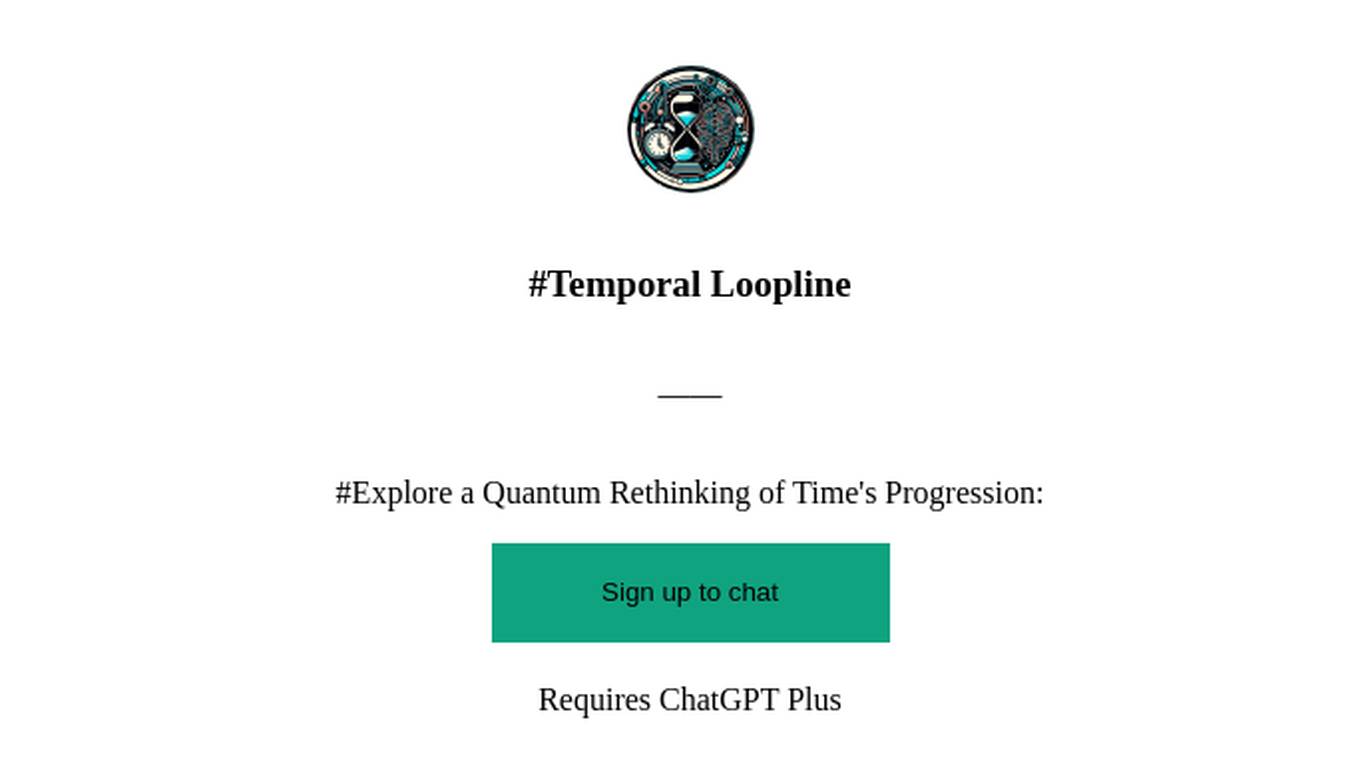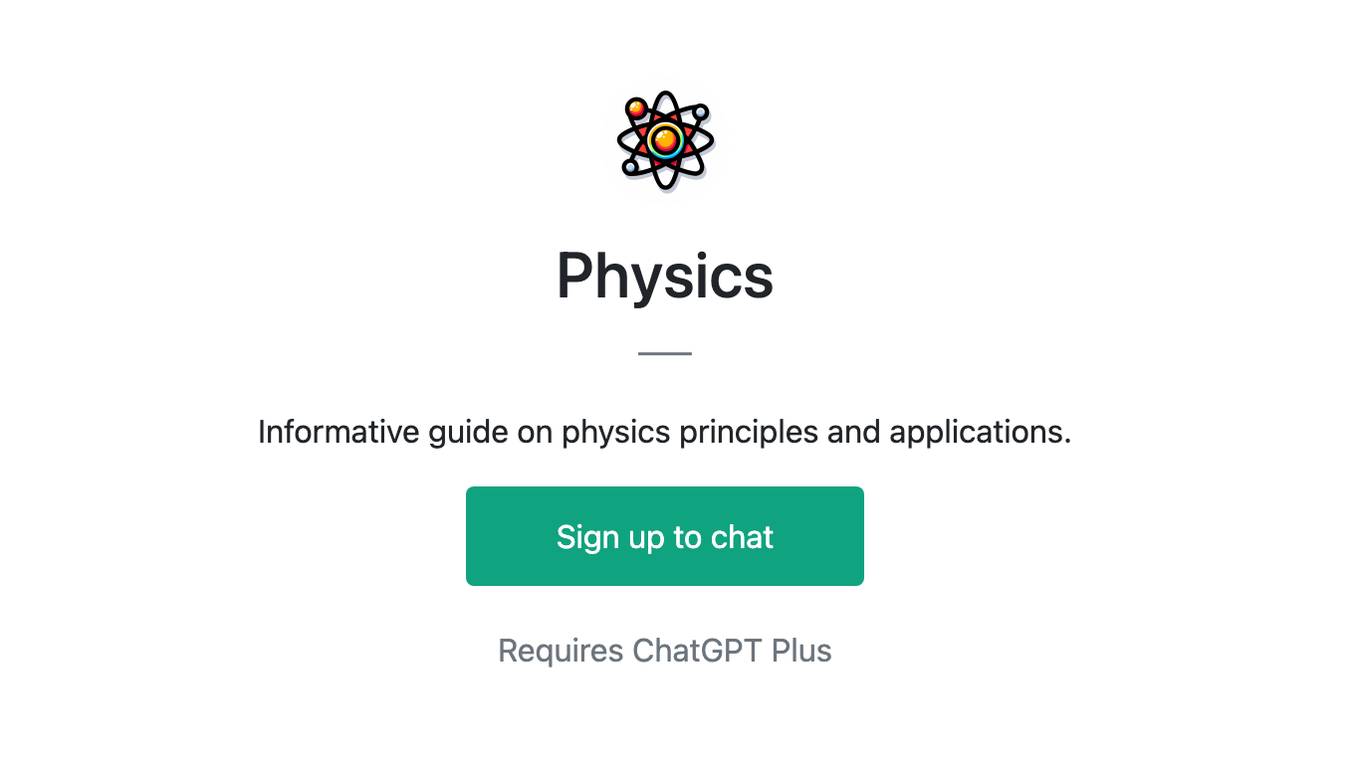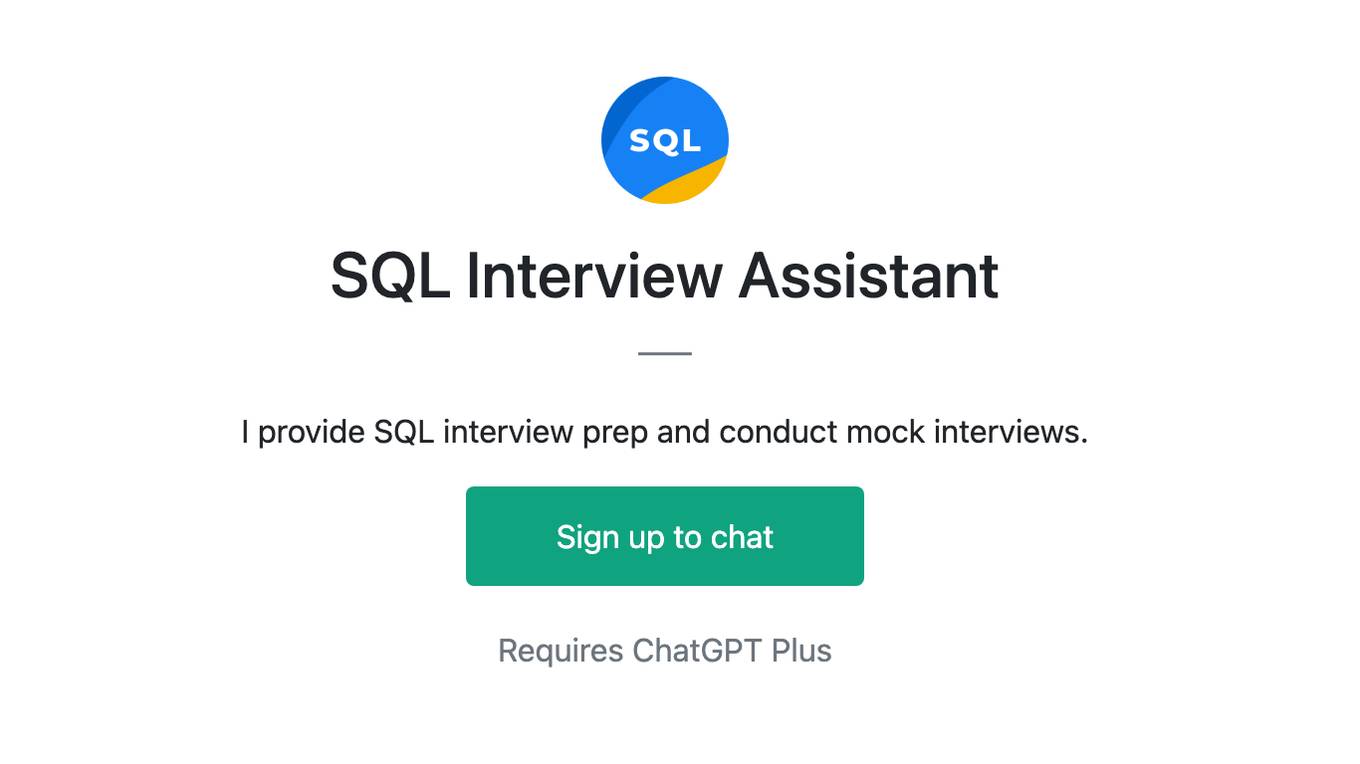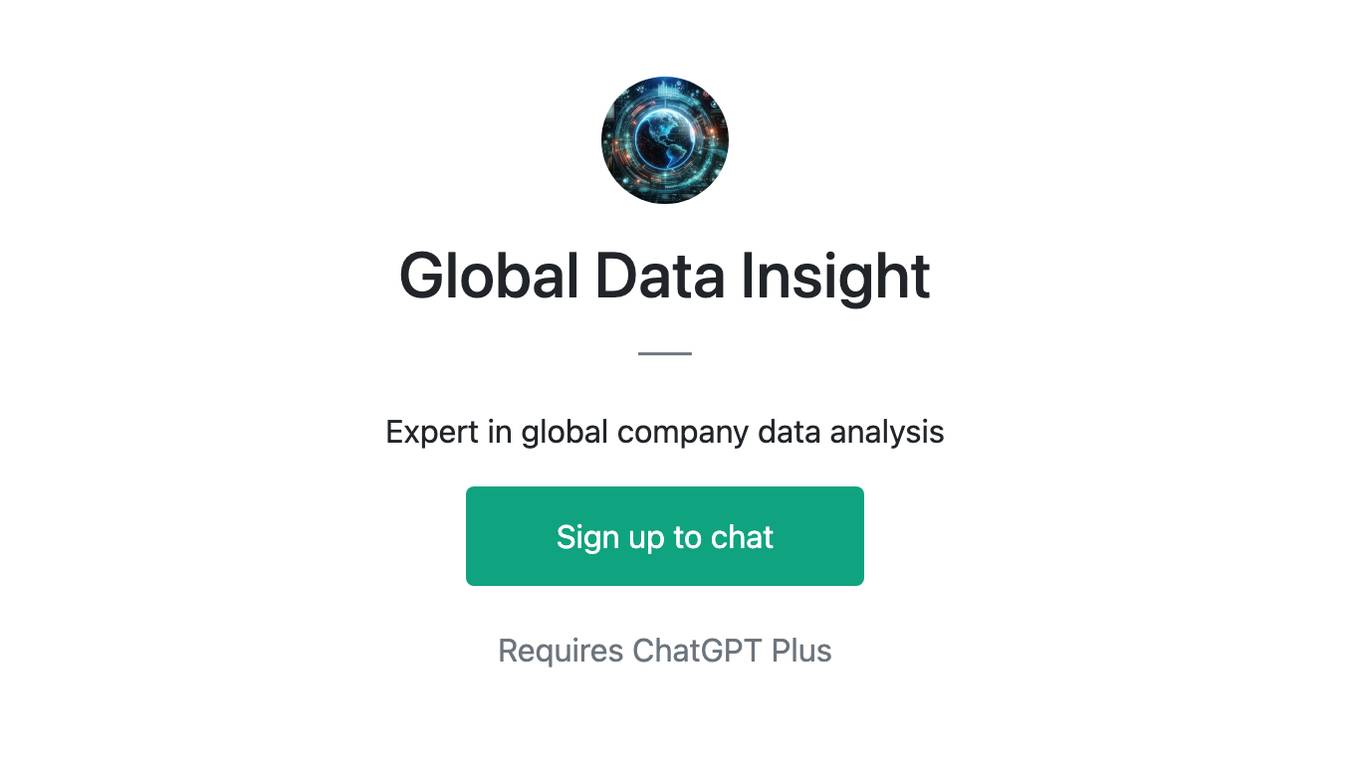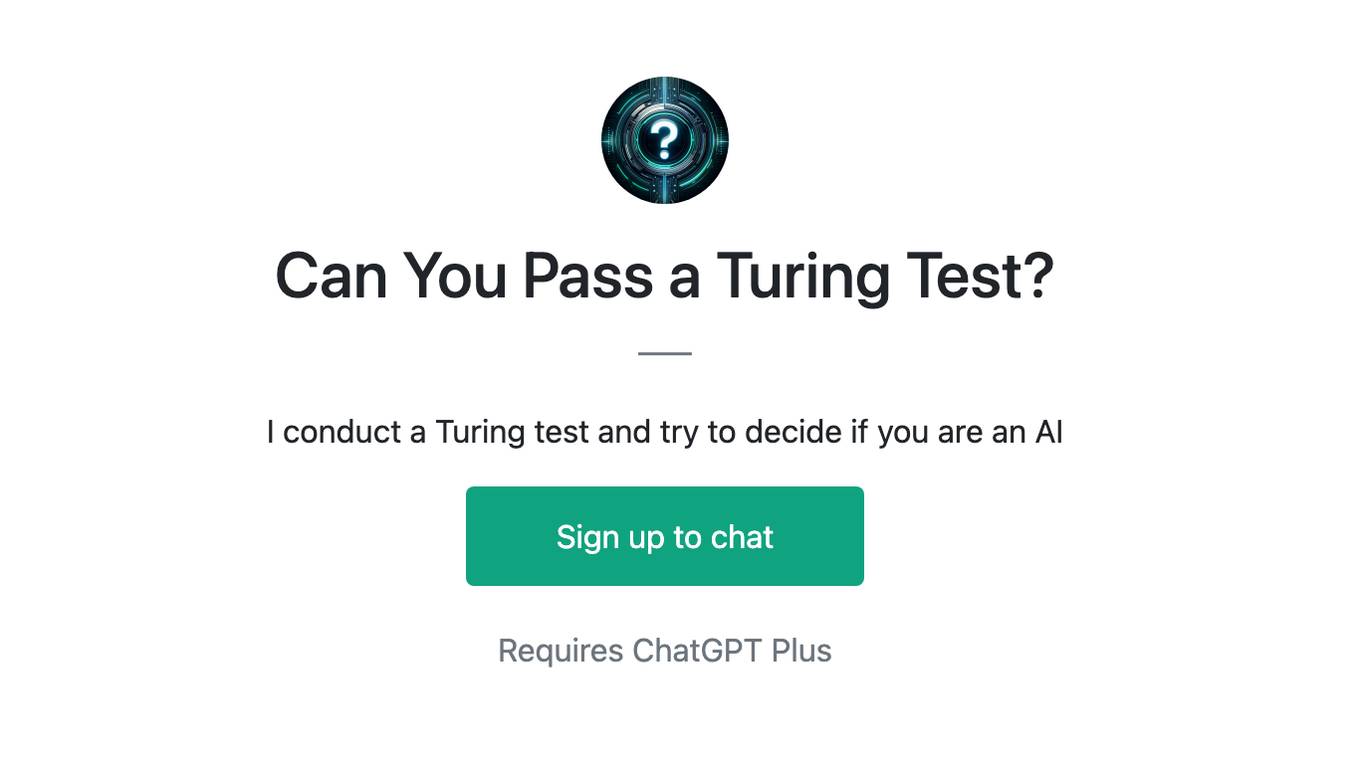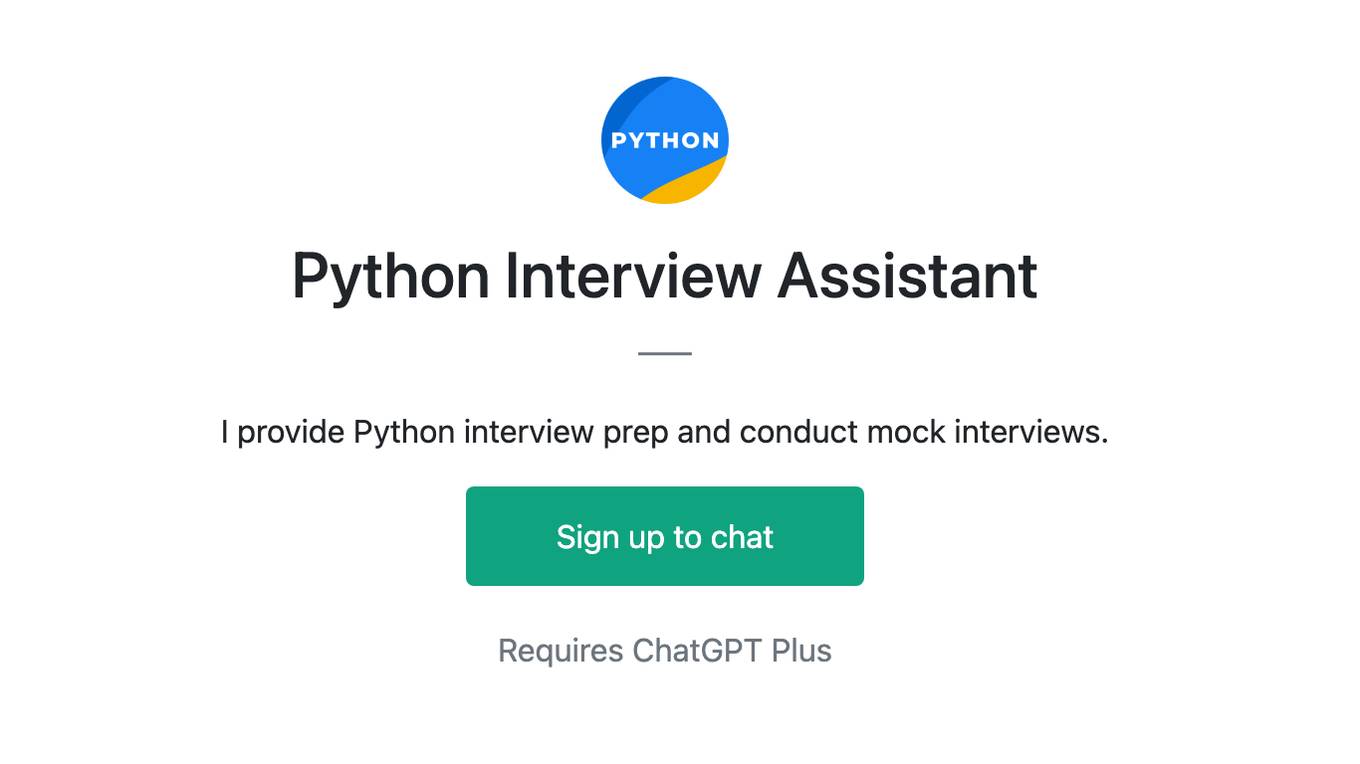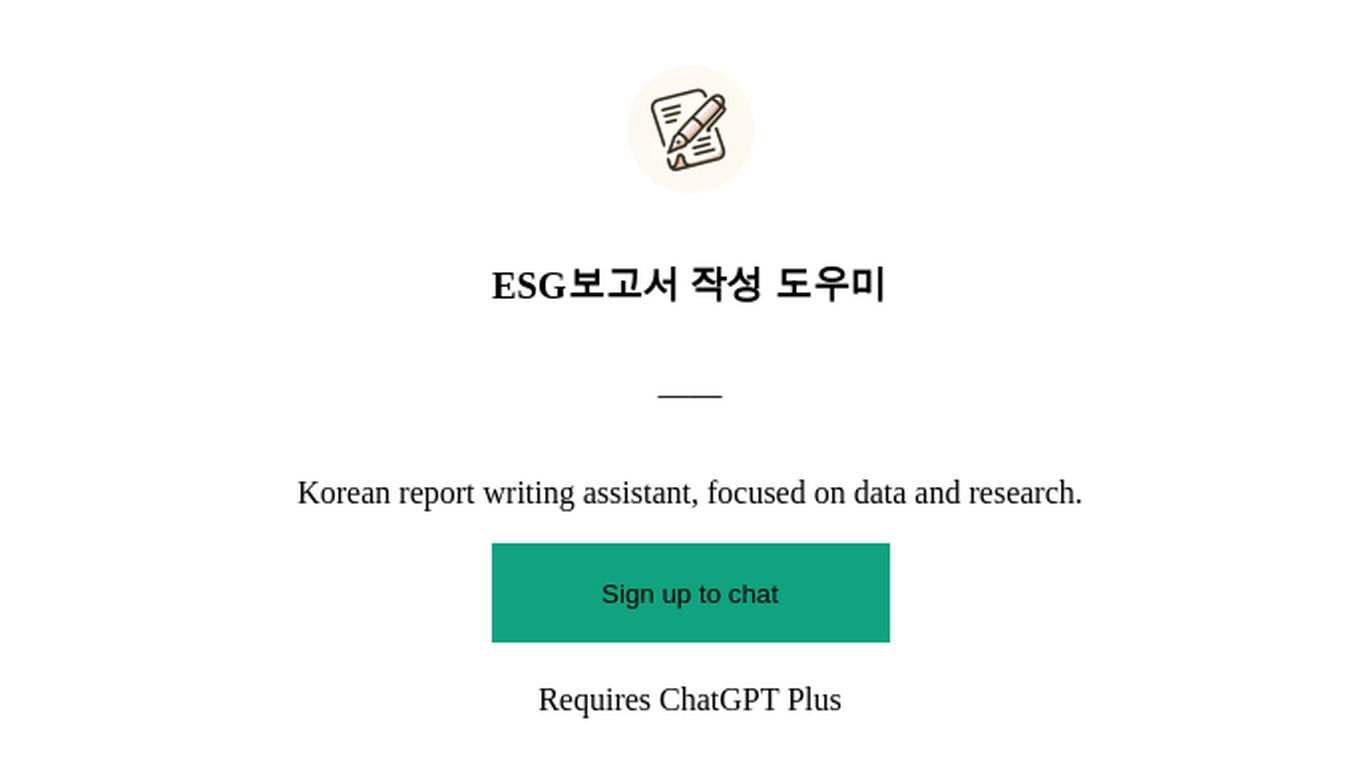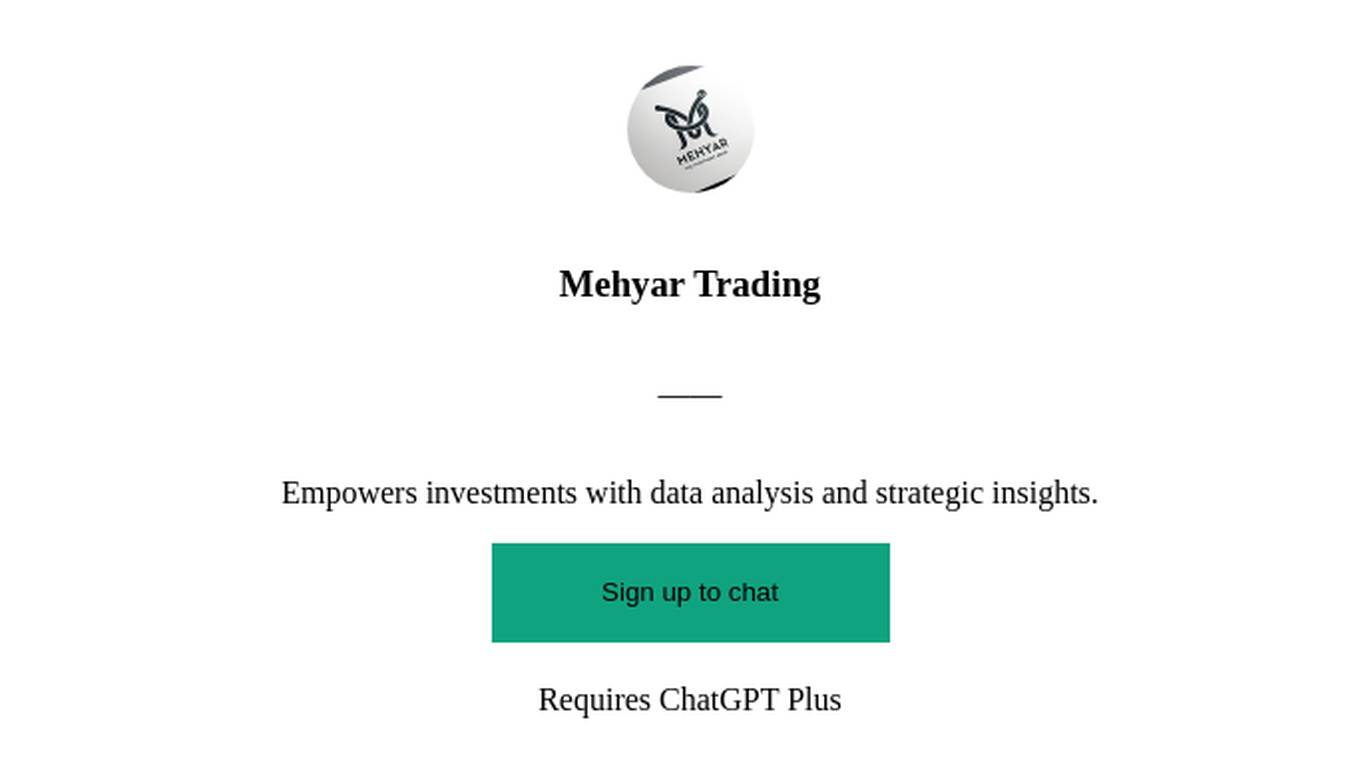Best AI tools for< Conduct Data Experiments >
20 - AI tool Sites
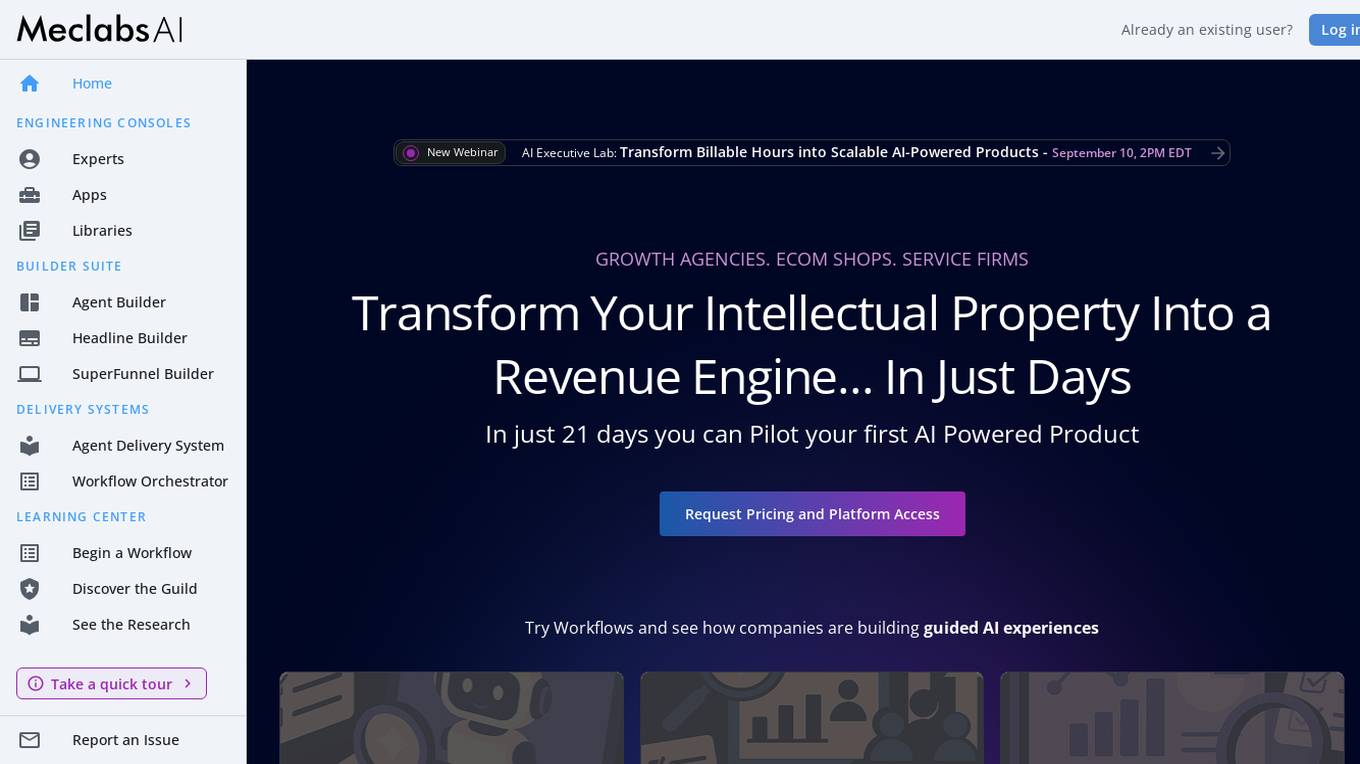
MeclabsAI
MeclabsAI is an advanced AI tool that leverages machine learning algorithms to optimize marketing strategies. It provides data-driven insights and recommendations to enhance customer engagement and drive conversions. With its powerful analytics capabilities, MeclabsAI helps businesses make informed decisions and improve their marketing performance.
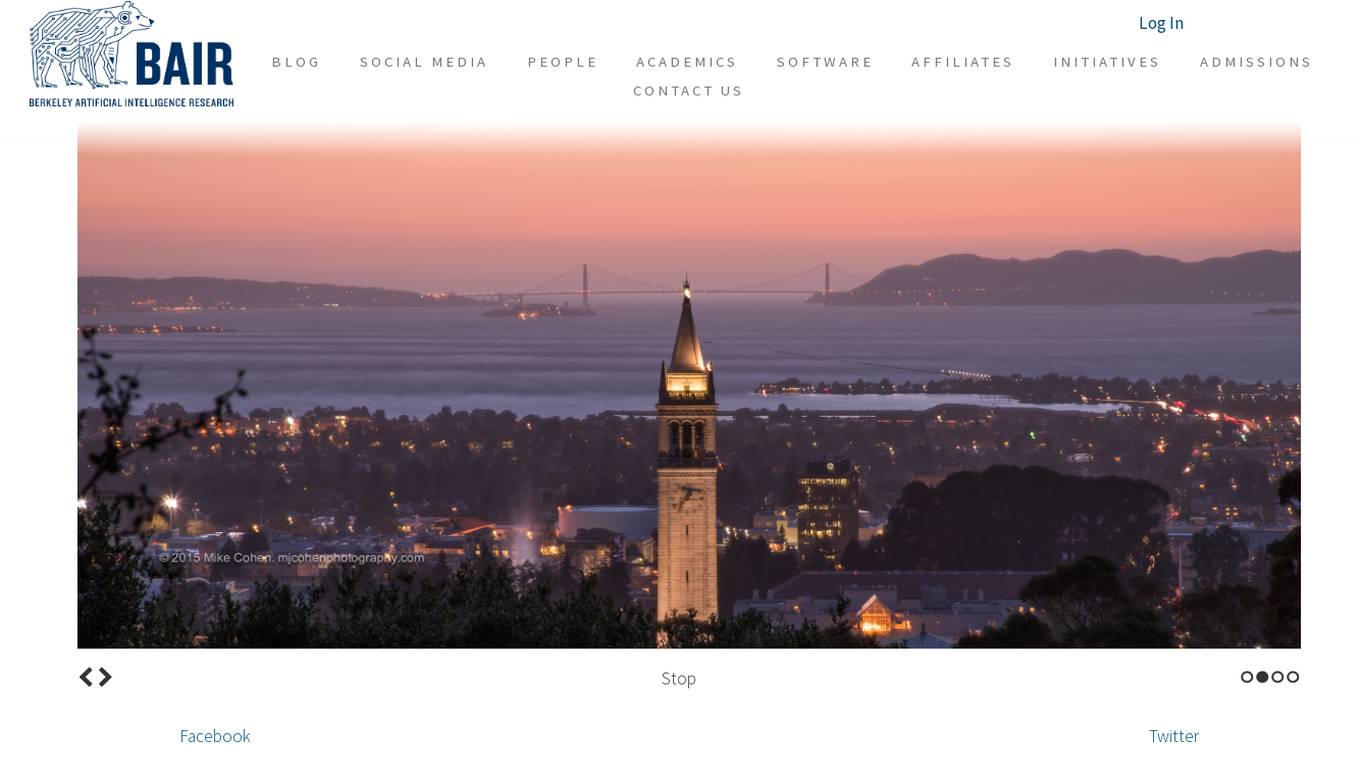
Berkeley Artificial Intelligence Research (BAIR) Lab
The Berkeley Artificial Intelligence Research (BAIR) Lab is a renowned research lab at UC Berkeley focusing on computer vision, machine learning, natural language processing, planning, control, and robotics. With over 50 faculty members and 300 graduate students, BAIR conducts research on fundamental advances in AI and interdisciplinary themes like multi-modal deep learning and human-compatible AI.
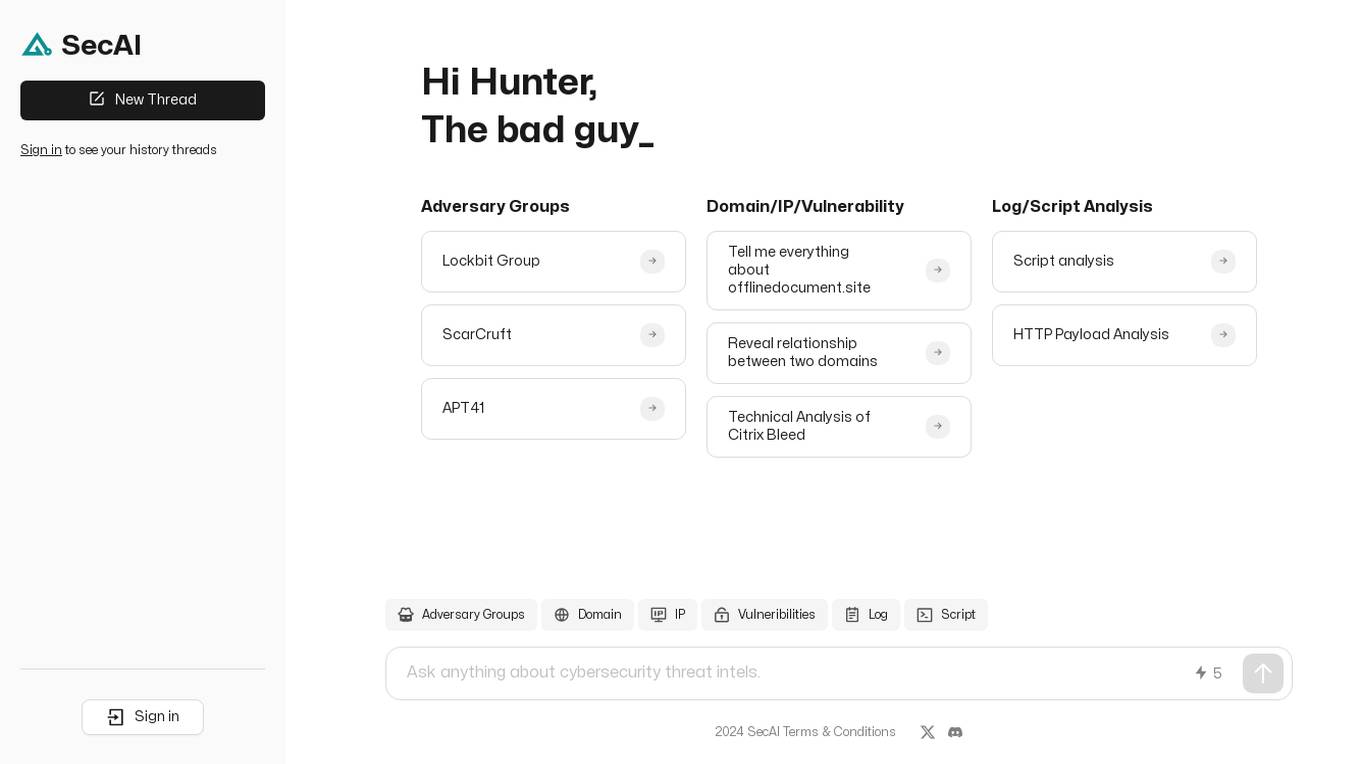
SecAI Tap4 AI Tools Directory
SecAI Tap4 AI Tools Directory is a comprehensive platform that offers a curated collection of AI tools for various applications. Users can explore a wide range of tools designed to enhance productivity, streamline processes, and drive innovation across industries. The platform provides detailed information about each tool, including features, pricing, and user reviews, to help users make informed decisions when selecting the right AI tool for their specific needs.
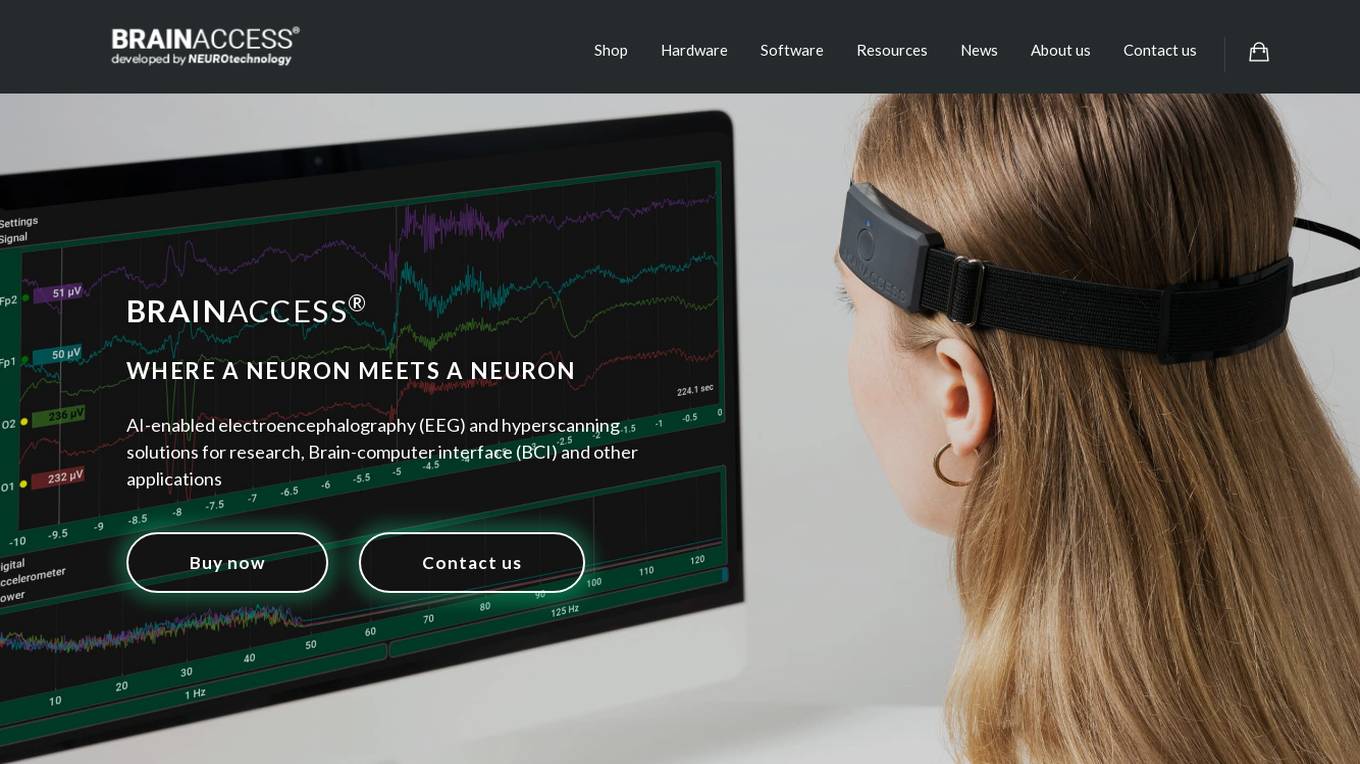
BrainAccess
BrainAccess is an AI-enabled electroencephalography (EEG) and hyperscanning solution designed for research, brain-computer interface development, neuromarketing, and beyond. It offers dry-contact EEG electrodes, wireless connectivity, and a compact form factor for portable applications. The software supports Lab Streaming Layer (LSL) protocol, enabling synchronized EEG measurements with stimulus onsets or sensor data. BrainAccess also facilitates hyperscanning, allowing synchronized brain activity measurements from multiple individuals. The user-friendly software development kit supports multiple programming languages for device control and EEG application development.
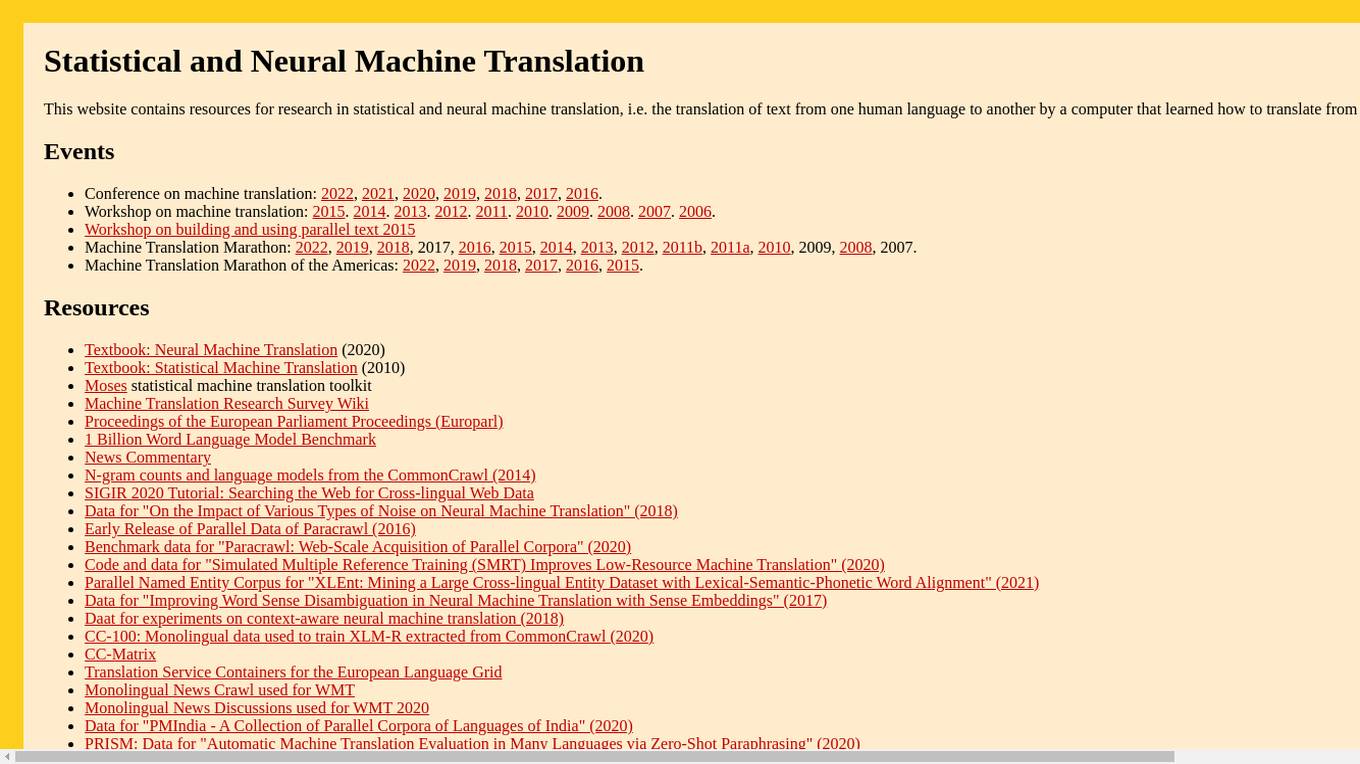
Machine Translation Research Hub
This website is a comprehensive resource for research in statistical and neural machine translation. It provides information, tools, and datasets related to the translation of text from one human language to another using computer algorithms trained on vast amounts of translated text.
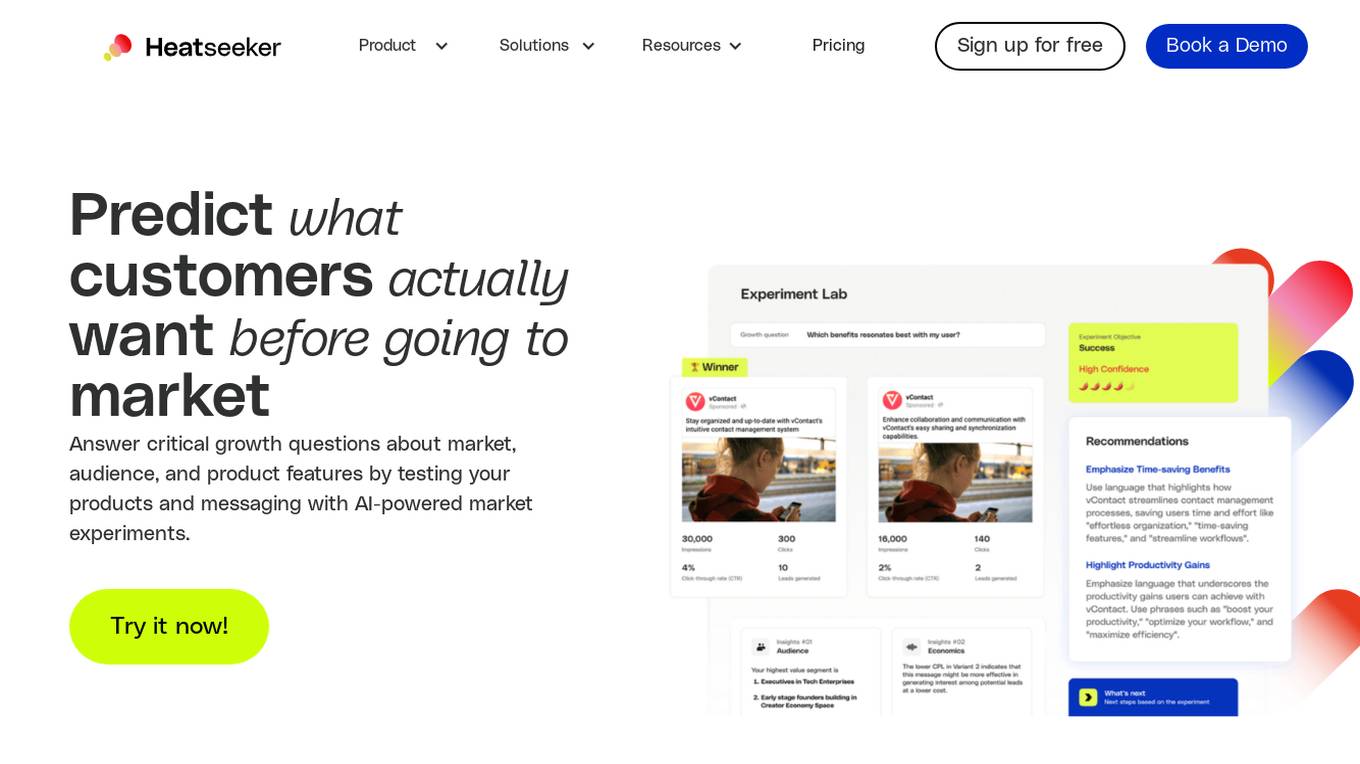
Heatseeker
Heatseeker is an AI-powered market experimentation tool that helps businesses predict customer preferences, conduct feature tests, and generate value propositions. It enables users to answer critical growth questions about market, audience, and product features through AI-powered experiments. Heatseeker provides insights into market trends, competitor analysis, and helps in making data-driven decisions. The platform offers curated recommendations, competitive intelligence, and continuous testing for refining strategies. It automates ad campaign generation, data collection, and provides recommendations for launching new products. Heatseeker is designed to help businesses optimize their marketing efforts and improve their product offerings.
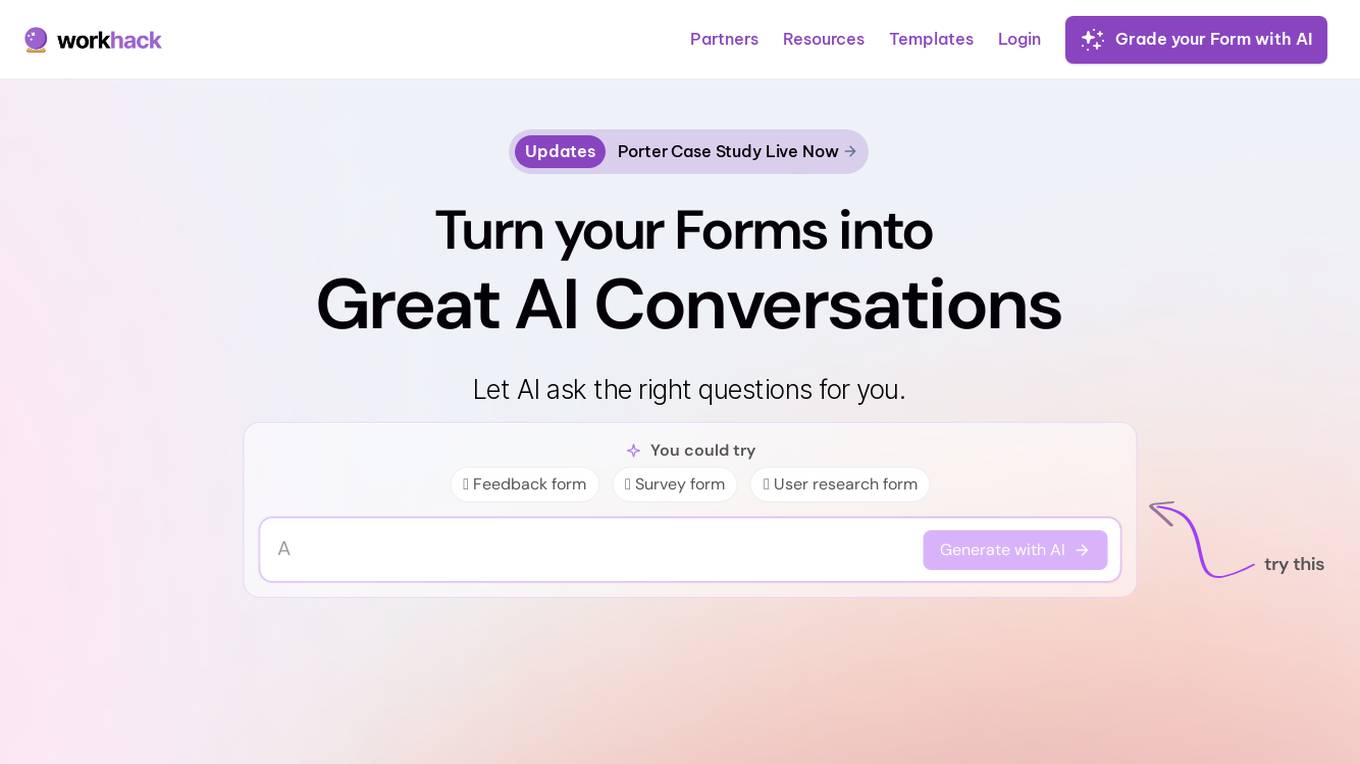
WorkHack Forms
WorkHack Forms is an AI-powered form builder that helps businesses create intelligent forms that ask the right questions and collect clean data. With WorkHack Forms, businesses can:
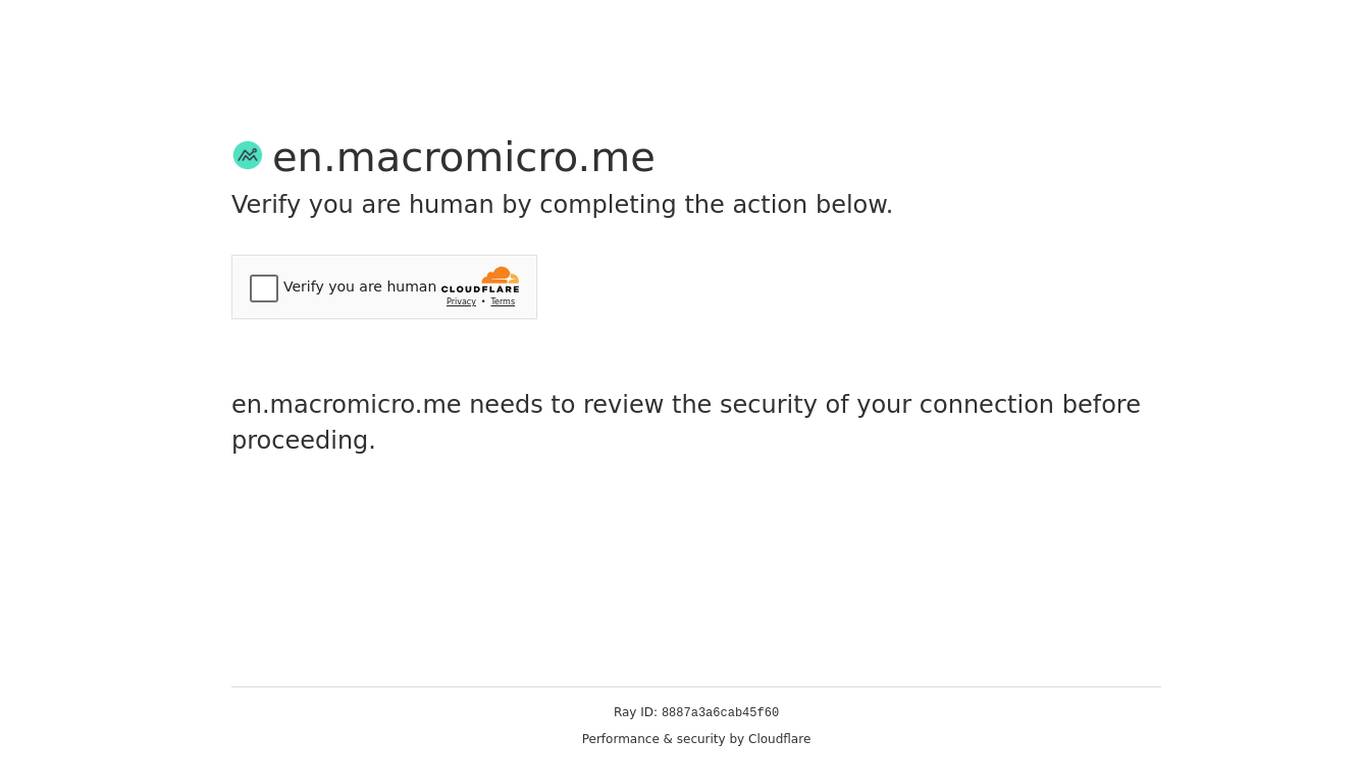
MacroMicro
MacroMicro is an AI analytics platform that combines technology and research expertise to empower users with valuable insights into global market trends. With over 0k registered users and 0M+ monthly website traffic, MacroMicro offers real-time charts, cycle analysis, and data-driven insights to optimize investment strategies. The platform compiles the MM Global Recession Probability, utilizes OpenAI's Embedding technology, and provides exclusive reports and analysis on key market events. Users can access dynamic and automatically-updated charts, a powerful toolbox for analysis, and engage with a vibrant community of macroeconomic professionals.
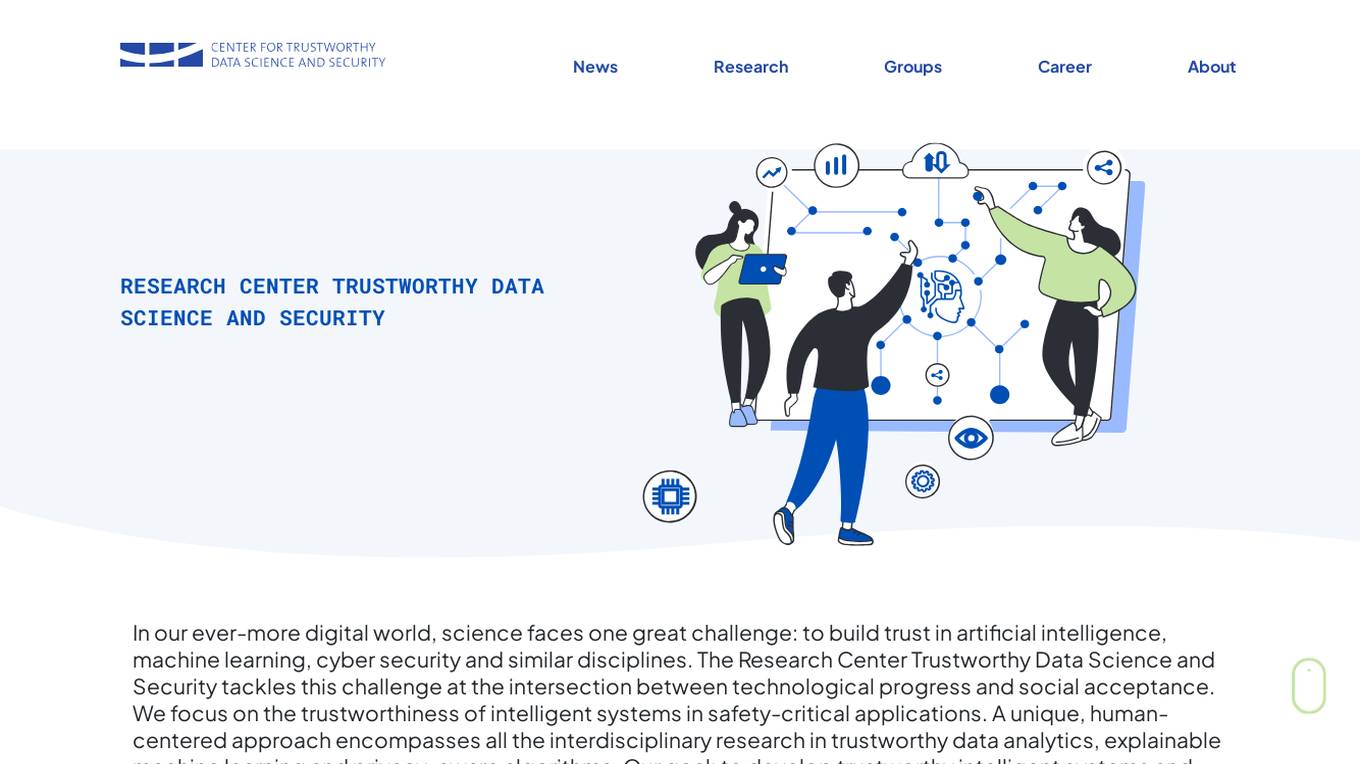
Research Center Trustworthy Data Science and Security
The Research Center Trustworthy Data Science and Security is a hub for interdisciplinary research focusing on building trust in artificial intelligence, machine learning, and cyber security. The center aims to develop trustworthy intelligent systems through research in trustworthy data analytics, explainable machine learning, and privacy-aware algorithms. By addressing the intersection of technological progress and social acceptance, the center seeks to enable private citizens to understand and trust technology in safety-critical applications.
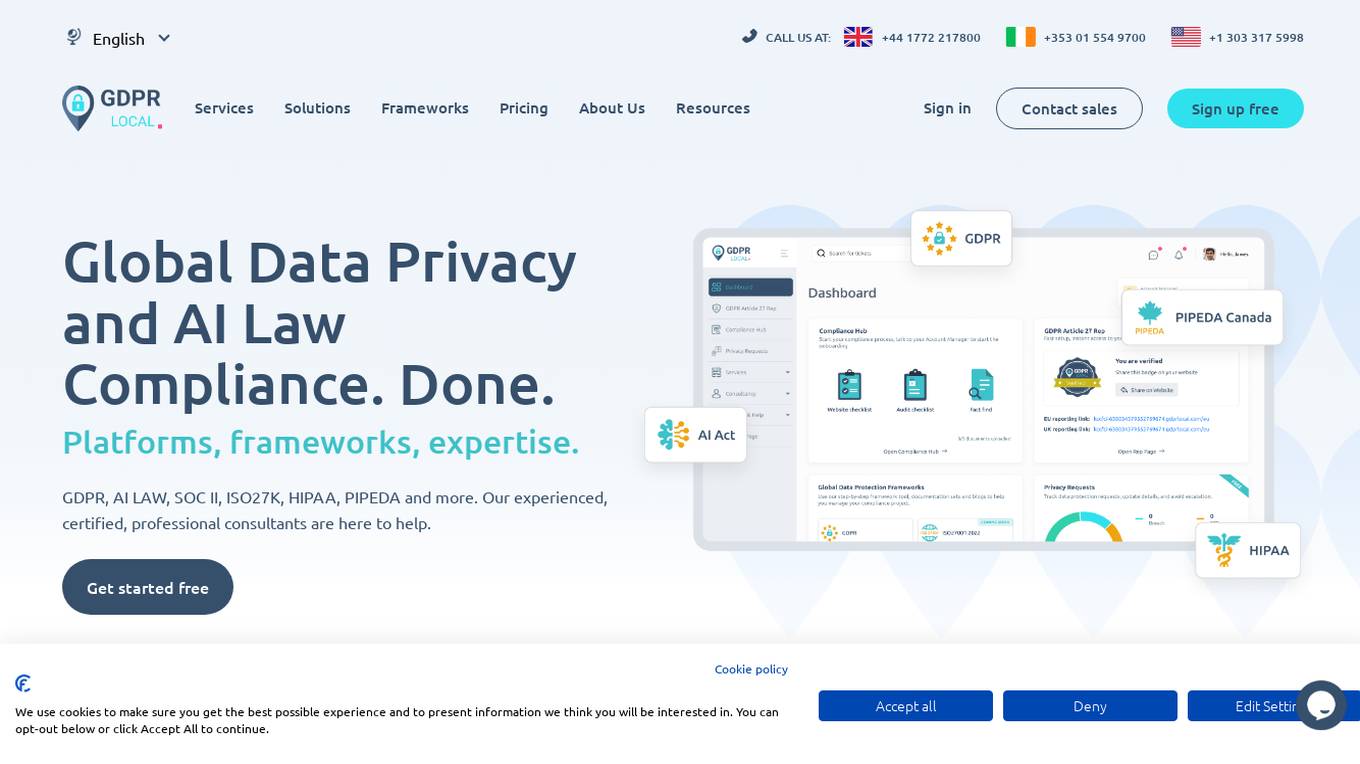
GDPR Local
GDPR Local is an AI tool that provides comprehensive compliance solutions for data protection and AI law. The platform offers services such as compliance hub, AI law compliance, data protection consultancy, GDPR Art.27 EU/UK and Art.14 FADP Swiss Representative services, and Data Protection Officer support. With experienced consultants and a range of tools, GDPRLocal helps businesses achieve global data privacy and AI law compliance efficiently.
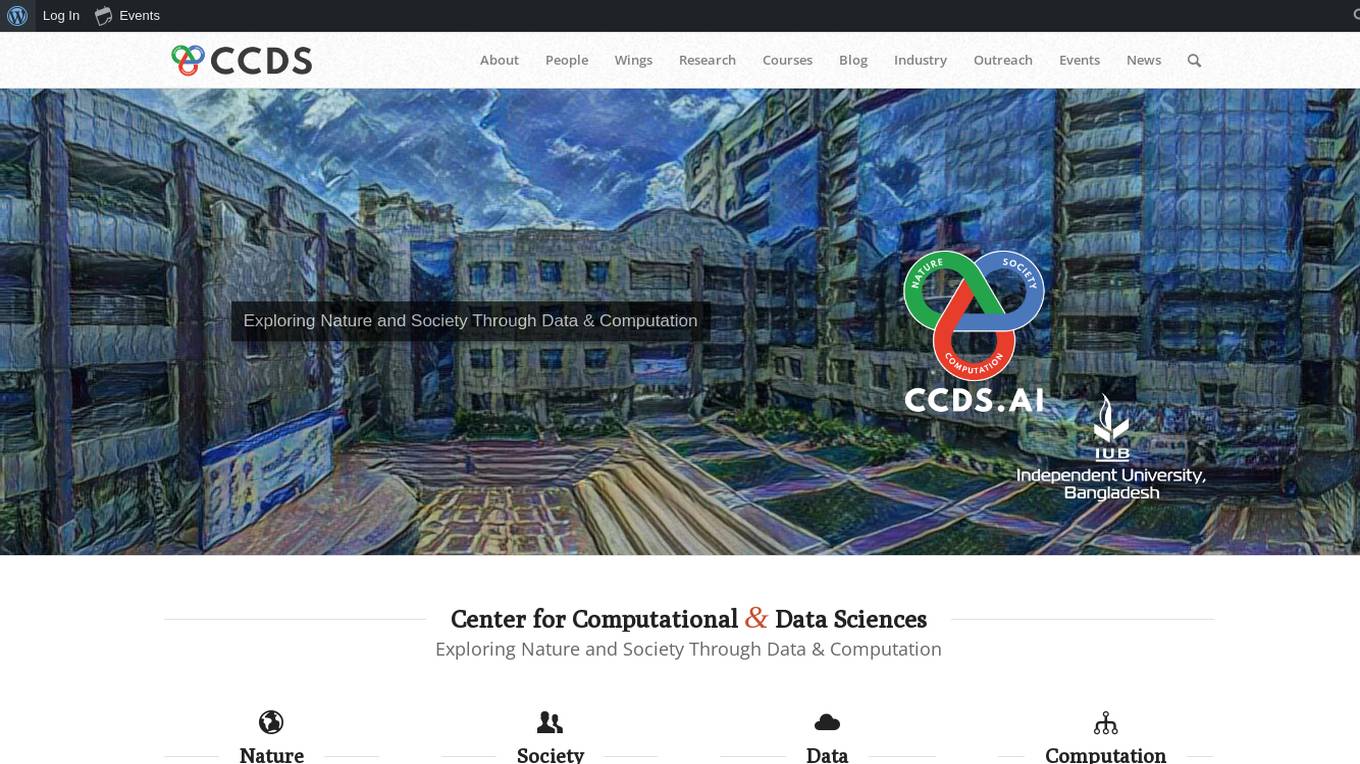
CCDS
CCDS (Center for Computational & Data Sciences) is a research center at Independent University Bangladesh dedicated to artificial intelligence, data sciences, and computational science. The center has various wings focusing on AI, computational biology, physics, data science, human-computer interaction, and industry partnerships. CCDS explores the use of computation to understand nature and society, uncover hidden stories in data, and tackle complex challenges. The center collaborates with institutions like CERN and the Dunlap Institute for Astronomy and Astrophysics.
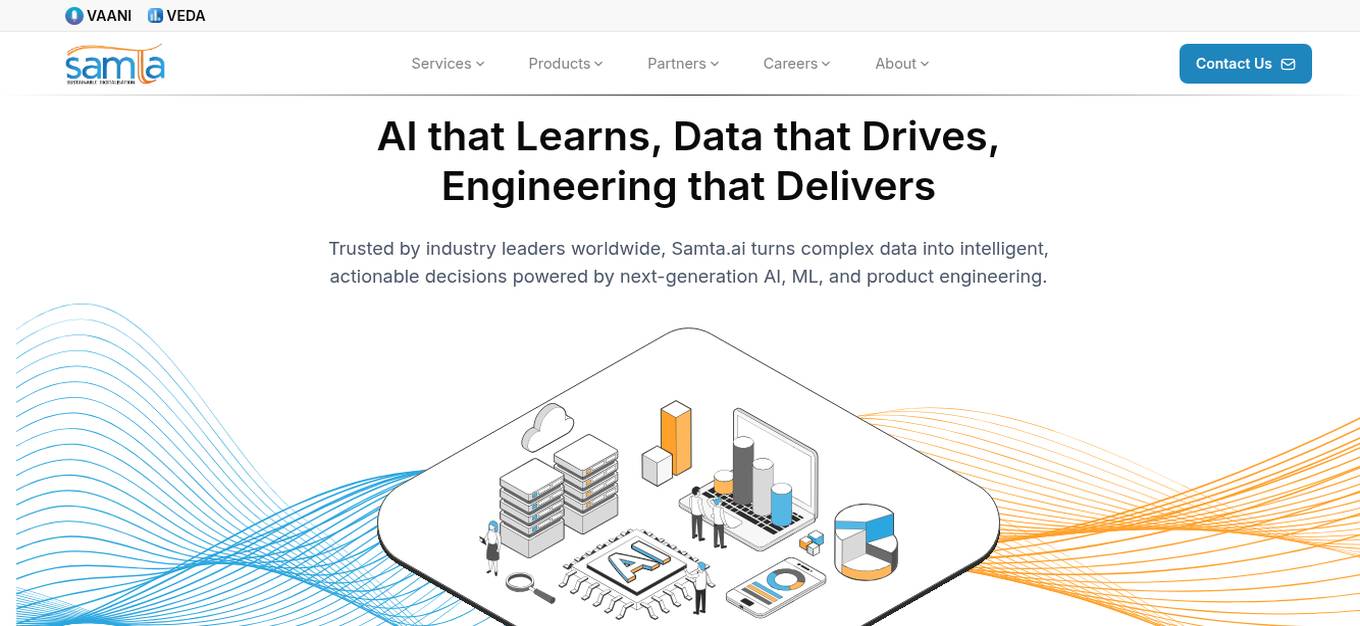
Samta.ai
Samta.ai is a leading Data & AI Consulting Services Company that specializes in turning complex data into intelligent, actionable decisions powered by next-generation AI, ML, and product engineering. They offer a range of AI-driven solutions and services, including predictive analytics, property management automation, AI-driven hiring assessments, and more. With a focus on sustainable digitalization, Samta.ai helps businesses navigate transformative journeys by integrating Data Science & Analytics (DSA) and AI solutions. Their team of experts provides services in AI & Data Engineering, Product Engineering, Consulting & Strategy, and more, helping businesses leverage the power of AI to drive innovation, efficiency, and data-driven success.
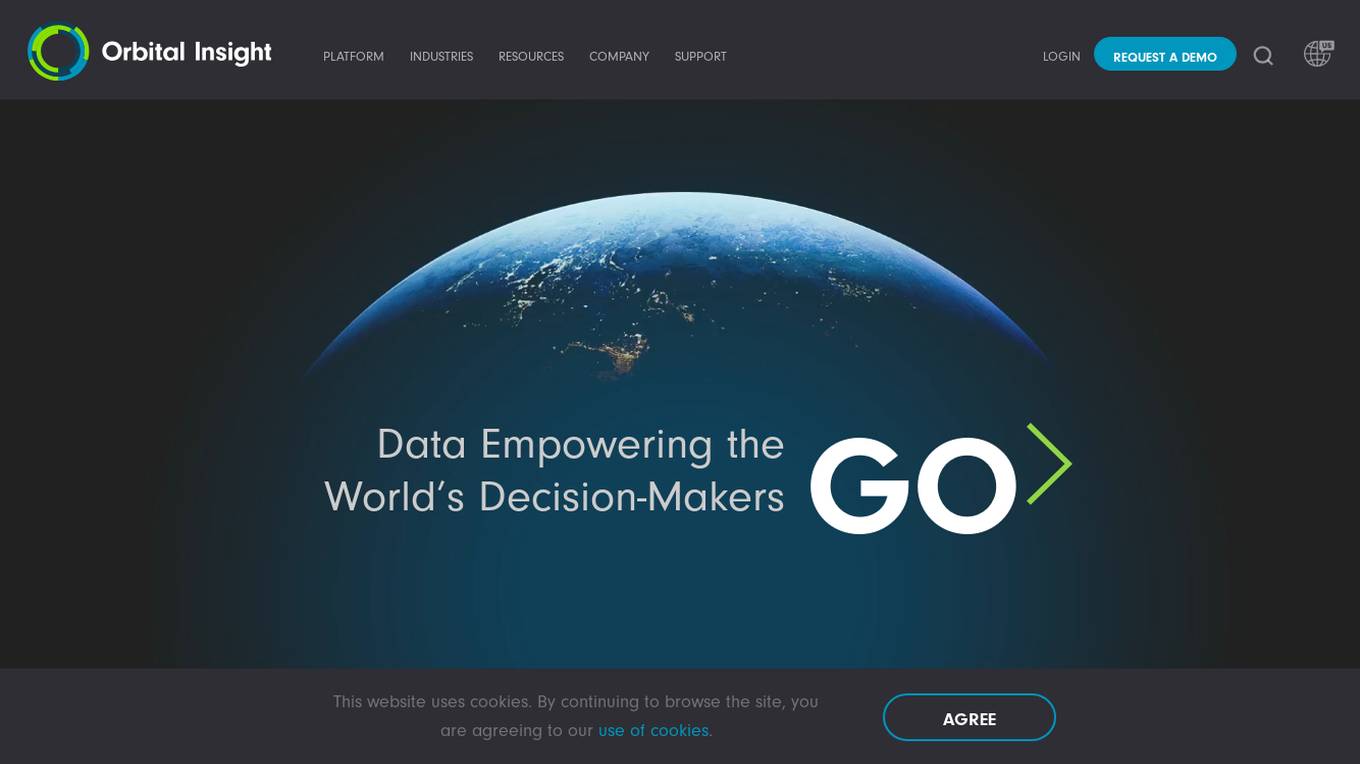
Orbital Insight GO Platform
Orbital Insight is a leading geospatial data analytics platform that provides users with the ability to query the world with three basic parameters: WHAT type of activity? WHERE on earth? WHEN? The platform automates the most difficult steps of deriving insights, allowing you to answer many challenging geospatial questions. Orbital Insight's GO platform is designed for enterprise collaboration and transforms multiple geospatial data sources to accelerate and streamline team member's research, reporting, due diligence, and more.
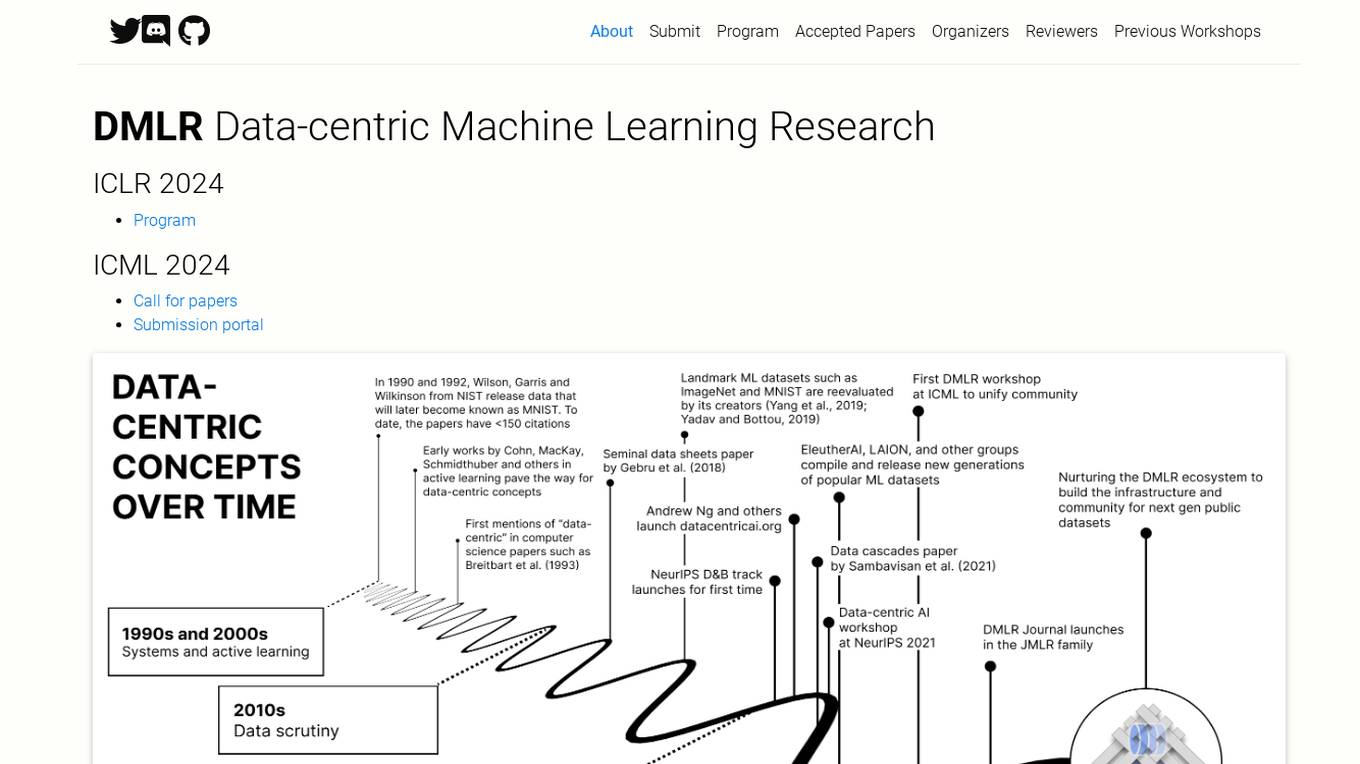
DMLR
DMLR (Data-centric Machine Learning Research) is an AI tool that focuses on advancing research in data-centric machine learning. It organizes workshops, research retreats, maintains a journal, and runs a working group to support infrastructure projects. The platform covers topics such as data collection, governance, bias, and drifts, as well as data-centric explainable AI and AI alignment. DMLR encourages submissions around the theme of AI for Science, using AI to tackle scientific challenges and accelerate discoveries.
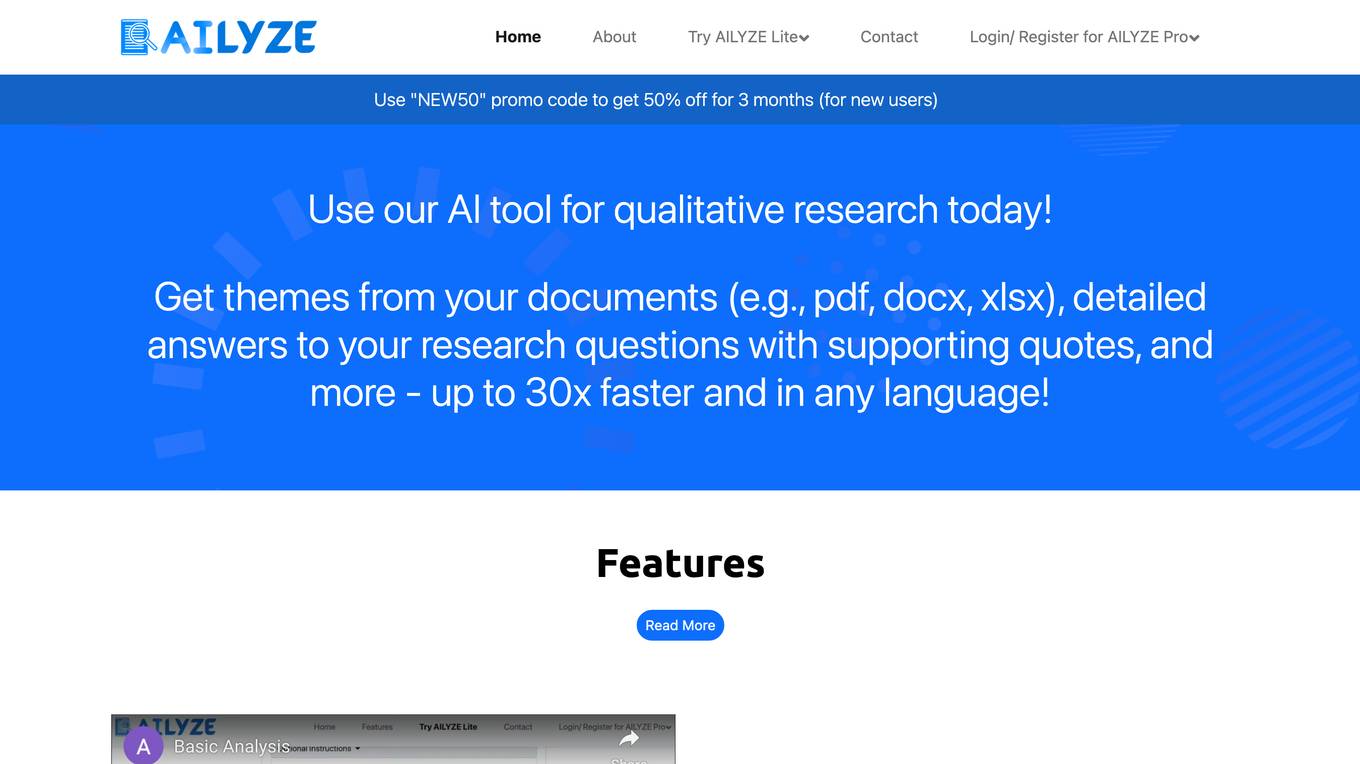
AILYZE
AILYZE is an AI tool designed for qualitative data collection and analysis. Users can upload various document formats in any language to generate codes, conduct thematic, frequency, content, and cross-group analysis, extract top quotes, and more. The tool also allows users to create surveys, utilize an AI voice interviewer, and recruit participants globally. AILYZE offers different plans with varying features and data security measures, including options for advanced analysis and AI interviewer add-ons. Additionally, users can tap into data scientists for detailed and customized analyses on a wide range of documents.
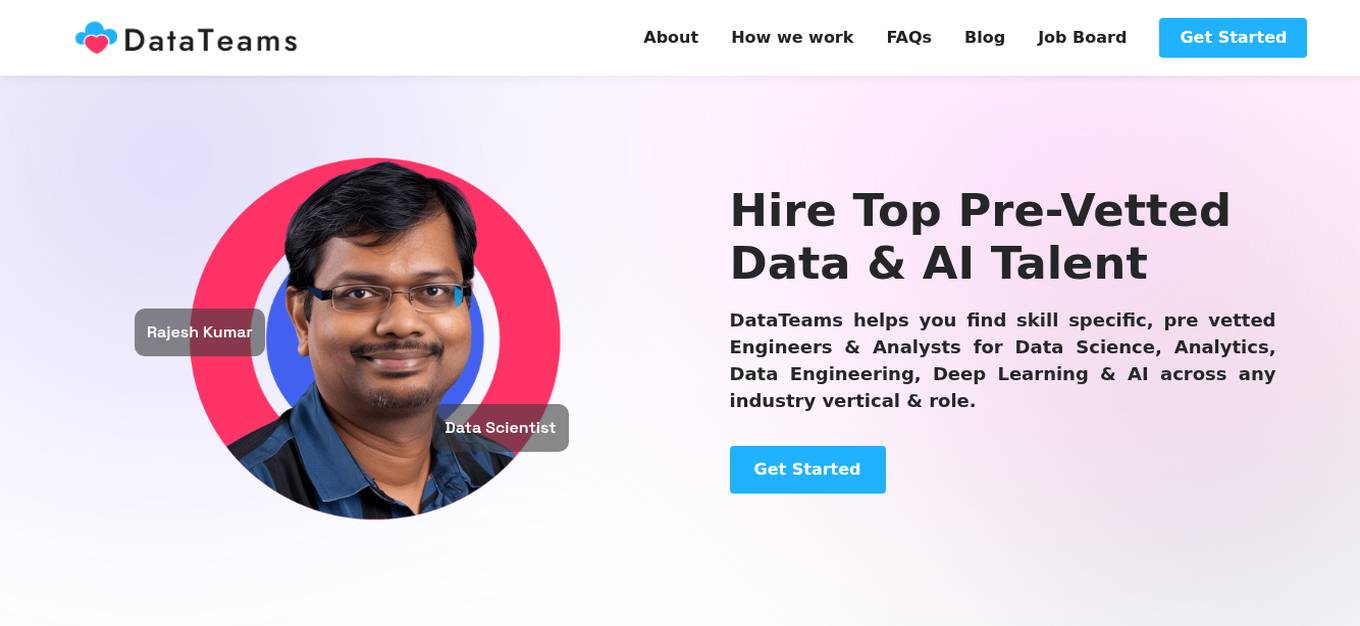
DataTeams
DataTeams is an AI-powered platform that simplifies the process of hiring top Data and AI talent for enterprises and startups. It helps in finding skill-specific, pre-vetted Engineers & Analysts for Data Science, Analytics, Data Engineering, Deep Learning & AI across various industry verticals. The platform uses a combination of AI and manual efforts to screen applicants, conduct interviews, and select the best profiles for clients. DataTeams offers a flexible approach to hiring, from engaging contract professionals within hours to allowing clients to try out candidates before making formal offers.

CBIIT
The National Cancer Institute's Center for Biomedical Informatics and Information Technology (CBIIT) provides a comprehensive suite of tools, resources, and training to support cancer data science research. These resources include data repositories, analytical tools, data standards, and training materials. CBIIT also develops and maintains the NCI Thesaurus, a comprehensive vocabulary of cancer-related terms, and the Cancer Data Standards Registry and Repository (caDSR), a repository of cancer data standards. CBIIT's mission is to accelerate the pace of cancer research by providing researchers with the tools and resources they need to access, analyze, and share cancer data.

Viable
Viable is an AI-driven platform that provides actionable insights from qualitative data. It effortlessly transforms raw data into valuable information using AI technology. The platform offers integrations with various tech stacks and transparent pricing options to meet user requirements. Viable is designed to help businesses improve customer experience, boost employee engagement, enhance marketing strategies, prioritize product management actions, and conduct efficient research with the help of AI.
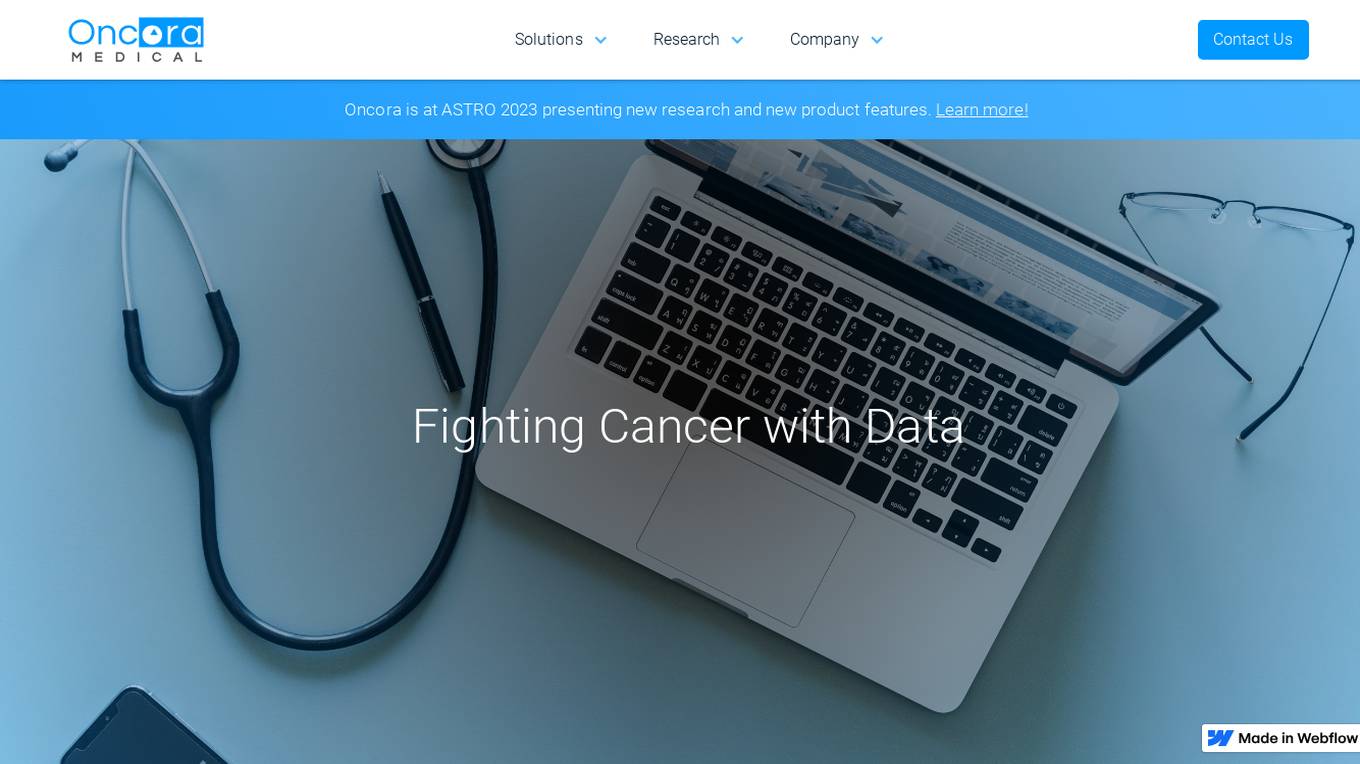
Oncora Medical
Oncora Medical is a healthcare technology company that provides software and data solutions to oncologists and cancer centers. Their products are designed to improve patient care, reduce clinician burnout, and accelerate clinical discoveries. Oncora's flagship product, Oncora Patient Care, is a modern, intelligent user interface for oncologists that simplifies workflow, reduces documentation burden, and optimizes treatment decision making. Oncora Analytics is an adaptive visual and backend software platform for regulatory-grade real world data analytics. Oncora Registry is a platform to capture and report quality data, treatment data, and outcomes data in the oncology space.

WashingtonSEO.AI
WashingtonSEO.AI is an AI-powered SEO tool designed to provide comprehensive strategies for Washington businesses to dominate local search results, attract qualified traffic, and achieve sustainable growth through data-driven SEO. The tool focuses on state-specific and local SEO strategies essential for targeting Washington's diverse markets, ranging from bustling urban centers like Seattle to smaller towns. By leveraging advanced SEO techniques tailored explicitly for Washington's unique market dynamics, WashingtonSEO.AI helps businesses outrank competitors, attract more local customers, and generate sustainable growth.
1 - Open Source AI Tools
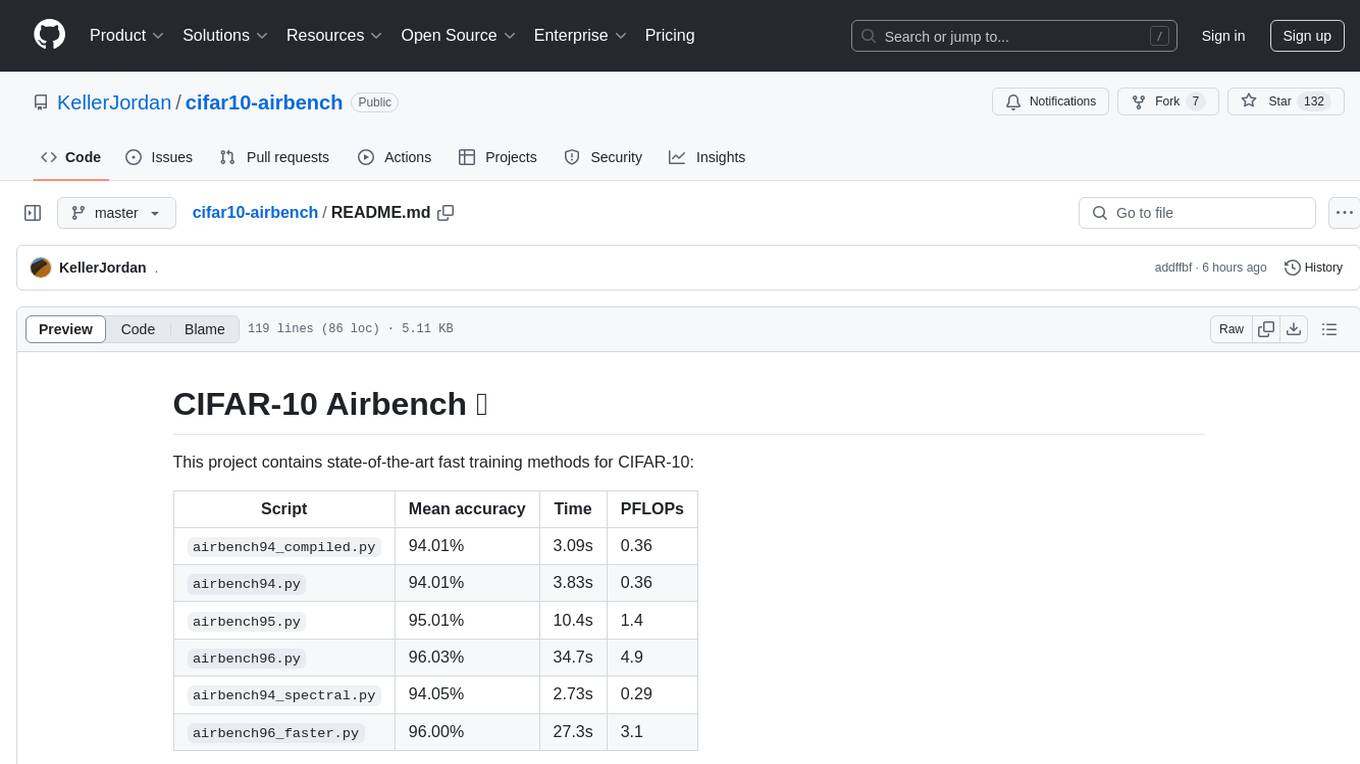
cifar10-airbench
CIFAR-10 Airbench is a project offering fast and stable training baselines for CIFAR-10 dataset, facilitating machine learning research. It provides easily runnable PyTorch scripts for training neural networks with high accuracy levels. The methods used in this project aim to accelerate research on fundamental properties of deep learning. The project includes GPU-accelerated dataloader for custom experiments and trainings, and can be used for data selection and active learning experiments. The training methods provided are faster than standard ResNet training, offering improved performance for research projects.
20 - OpenAI Gpts

👑 Data Privacy for Real Estate Agencies 👑
Real Estate Agencies and Brokers deal with personal data of clients, including financial information and preferences, requiring careful handling and protection of such data.
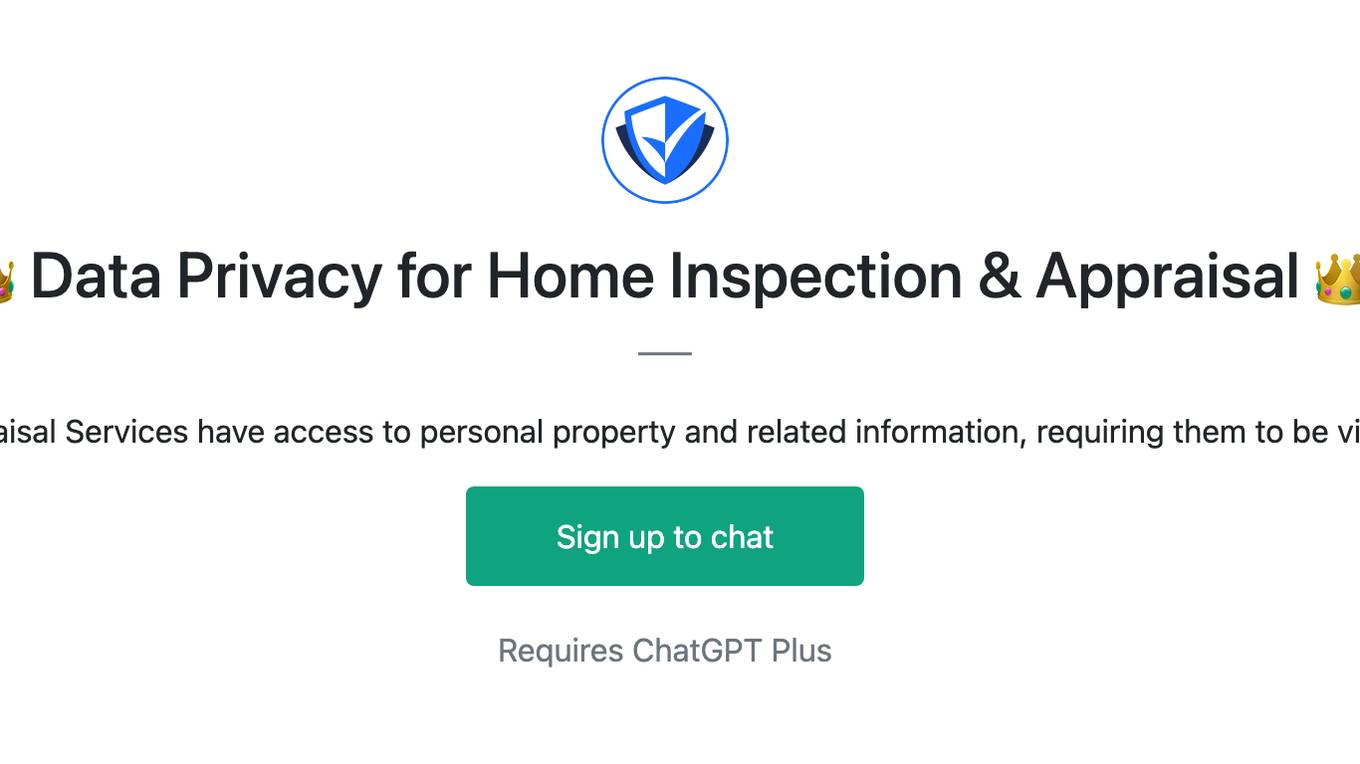
👑 Data Privacy for Home Inspection & Appraisal 👑
Home Inspection and Appraisal Services have access to personal property and related information, requiring them to be vigilant about data privacy.

UK Visajob
Conduct various flexible analyses and inquiries based on official information about companies with work visa sponsorship qualifications.
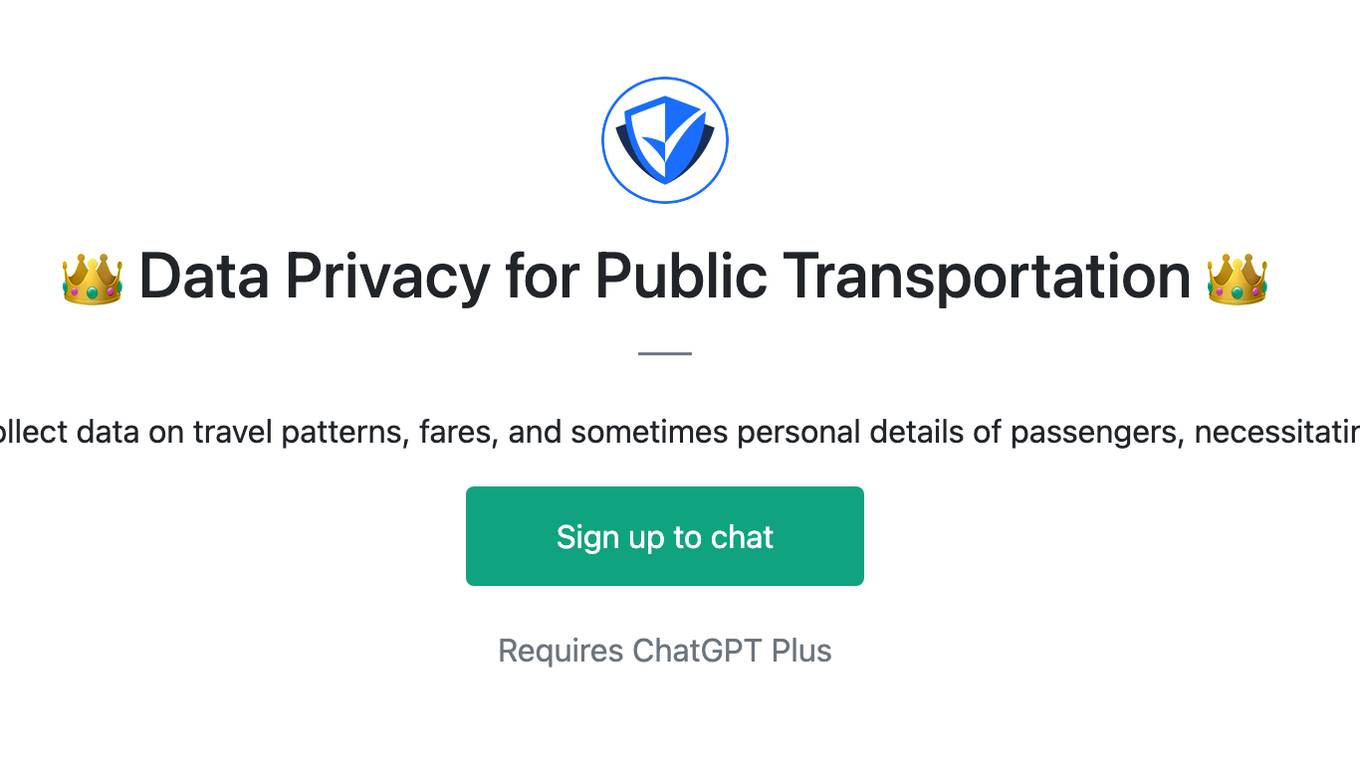
👑 Data Privacy for Public Transportation 👑
Public transport authorities collect data on travel patterns, fares, and sometimes personal details of passengers, necessitating strong privacy measures.
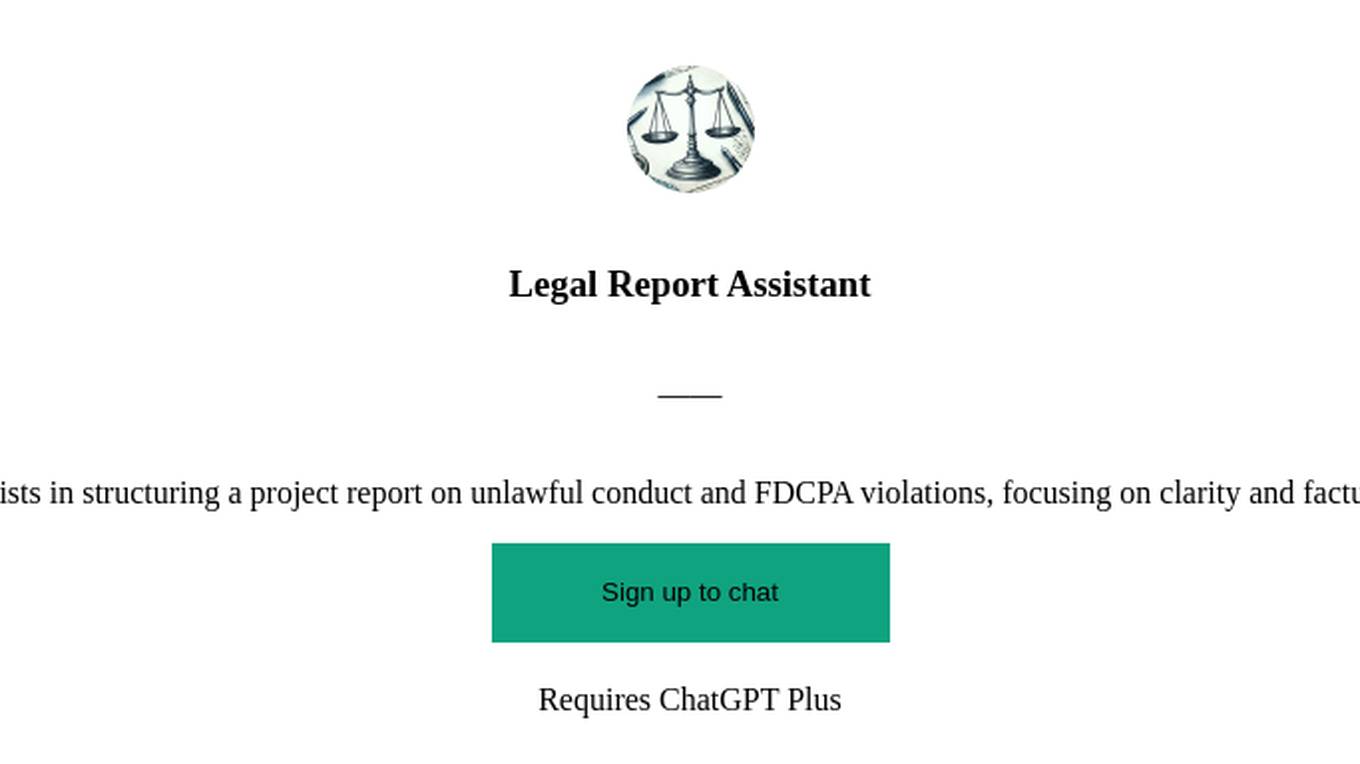
Legal Report Assistant
Assists in structuring a project report on unlawful conduct and FDCPA violations, focusing on clarity and factuality.
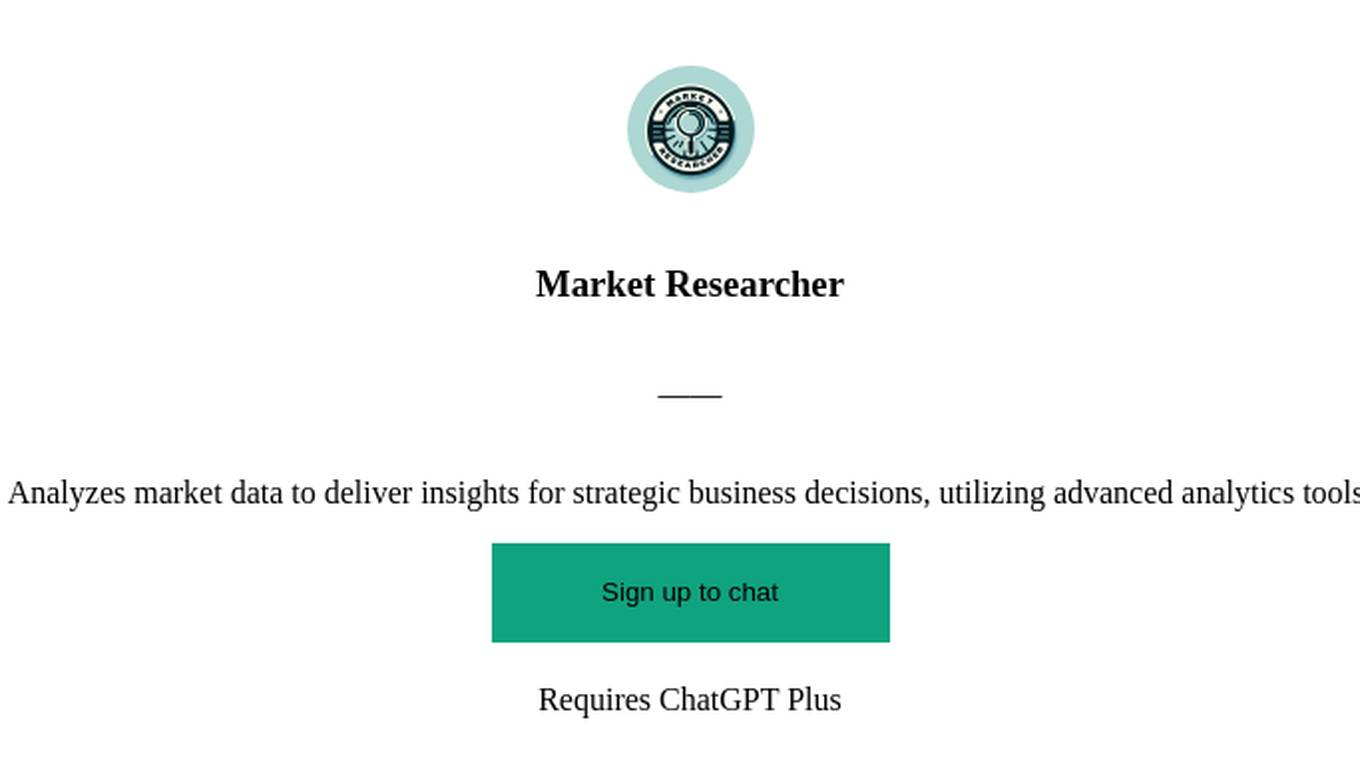
Market Researcher
Analyzes market data to deliver insights for strategic business decisions, utilizing advanced analytics tools.
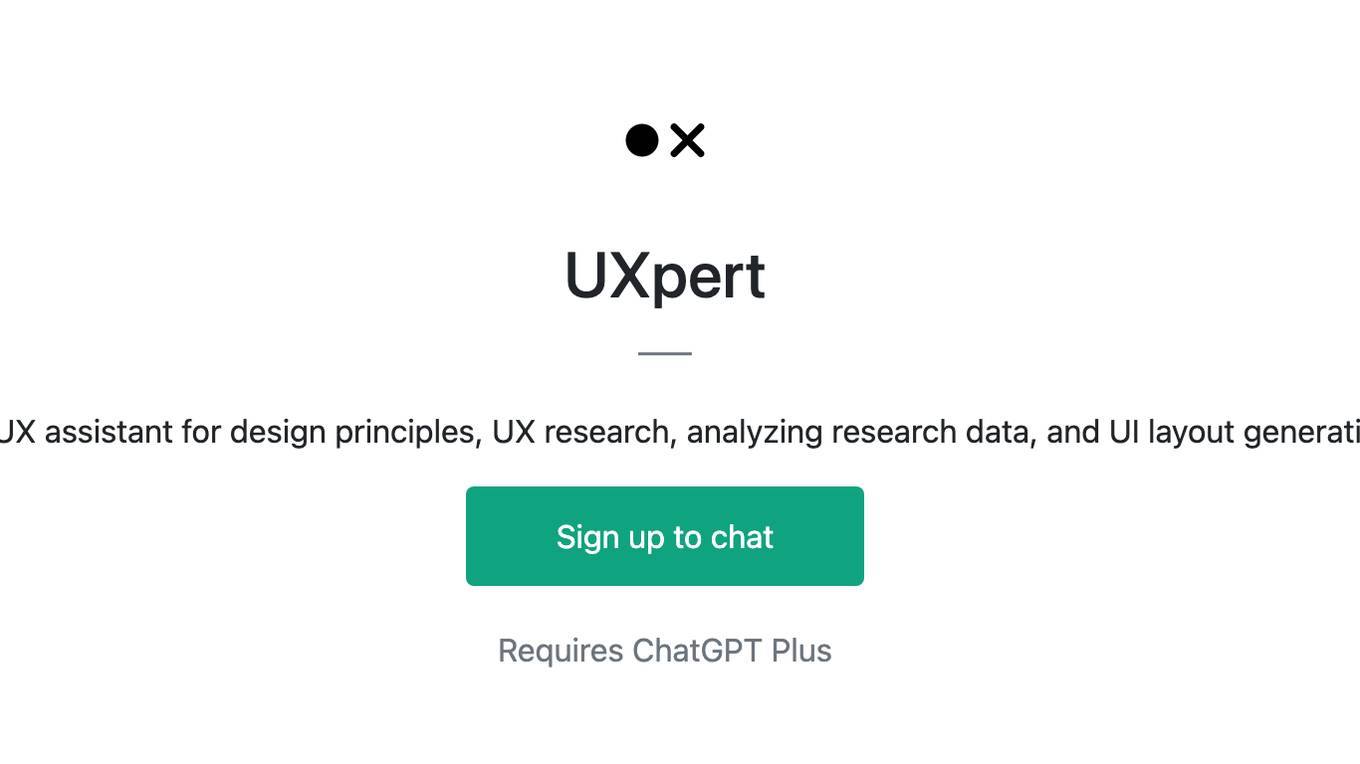
UXpert
A UI/UX assistant for design principles, UX research, analyzing research data, and UI layout generation.
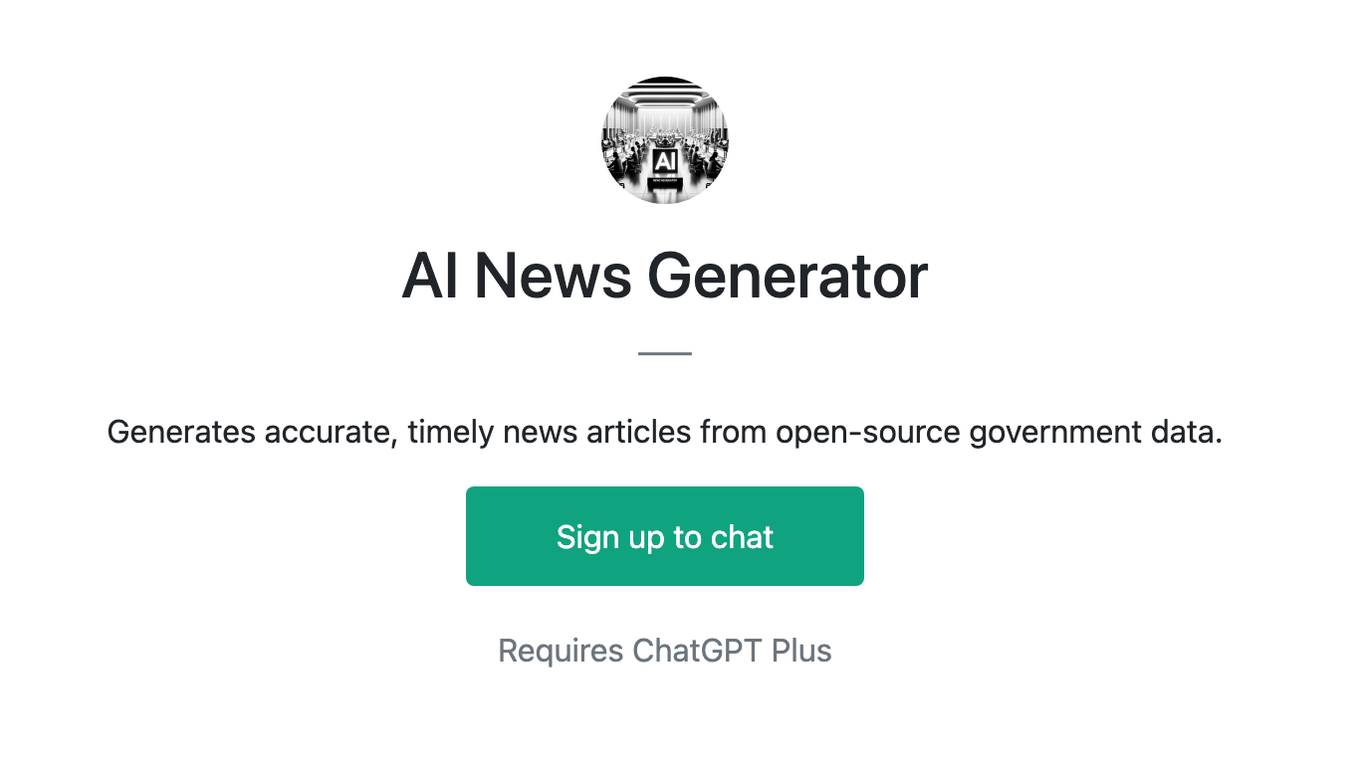
AI News Generator
Generates accurate, timely news articles from open-source government data.
